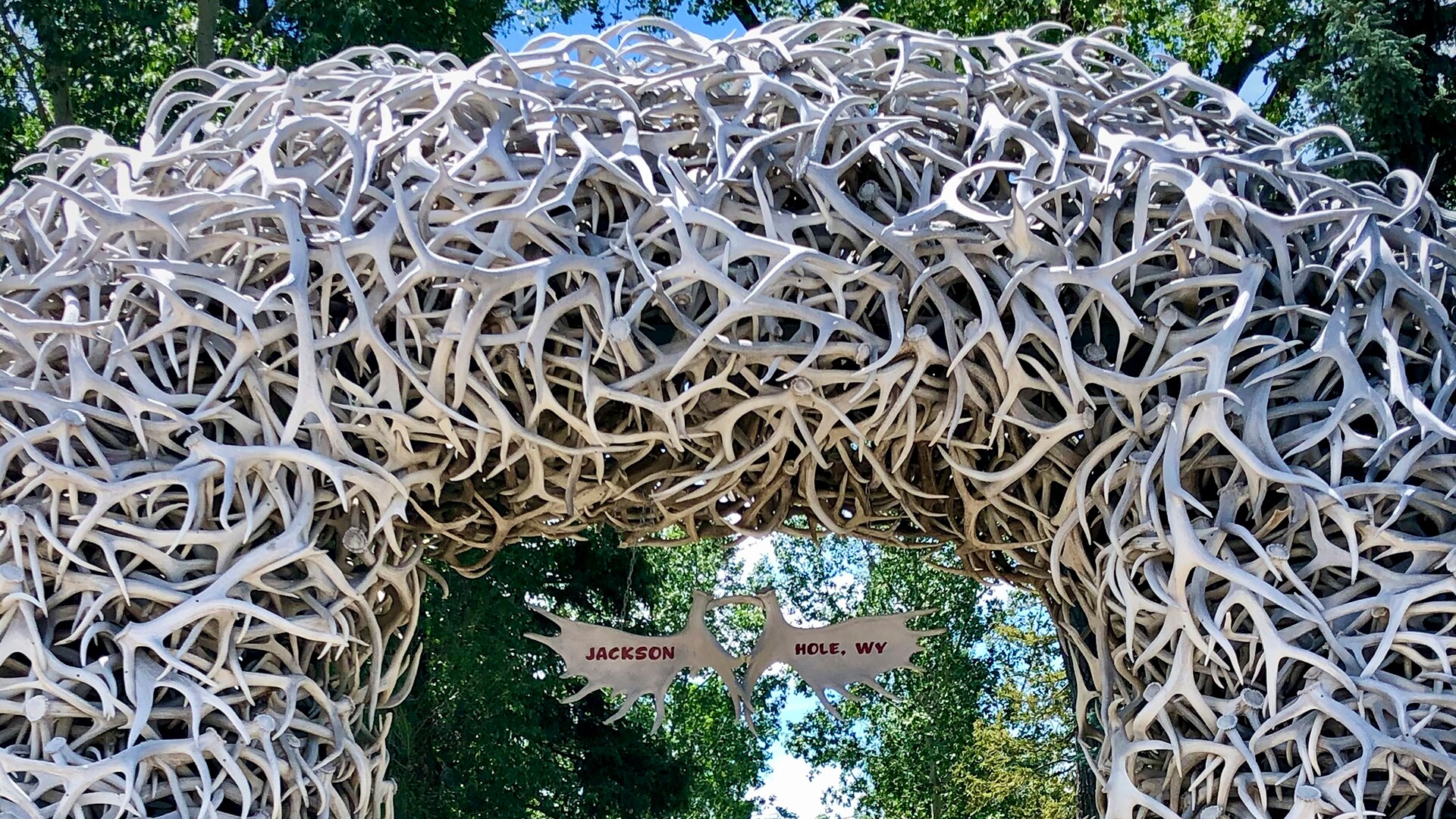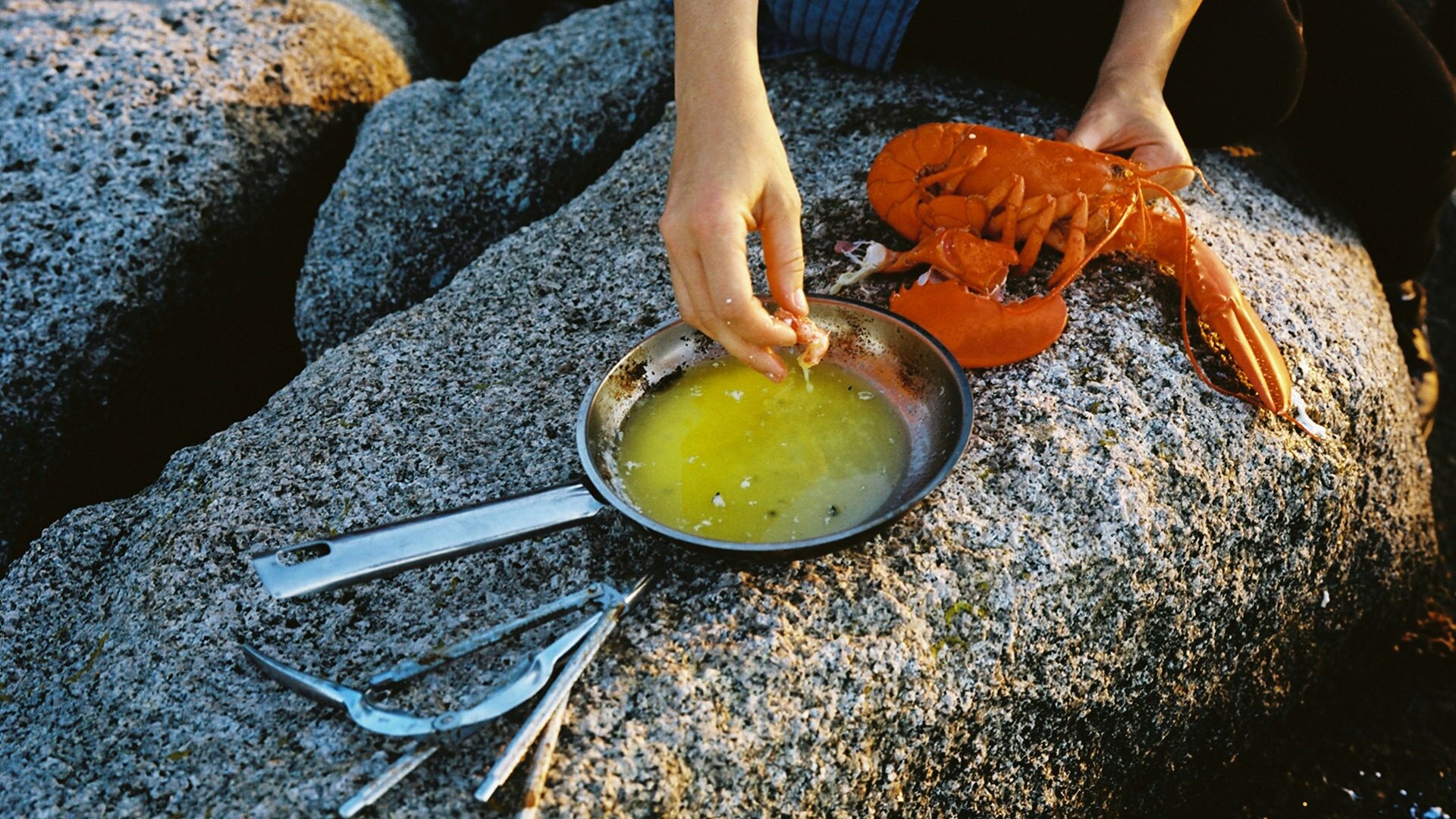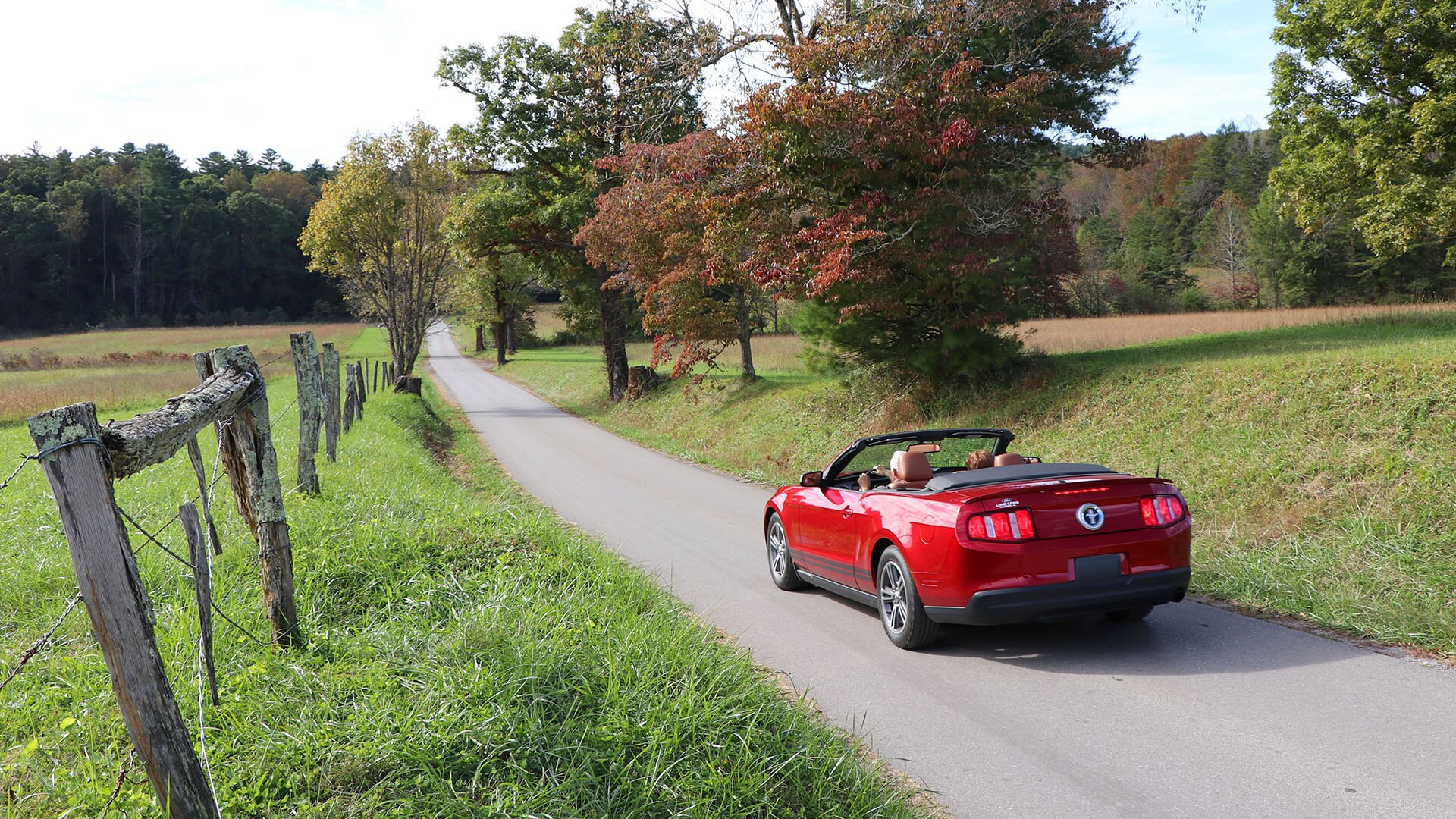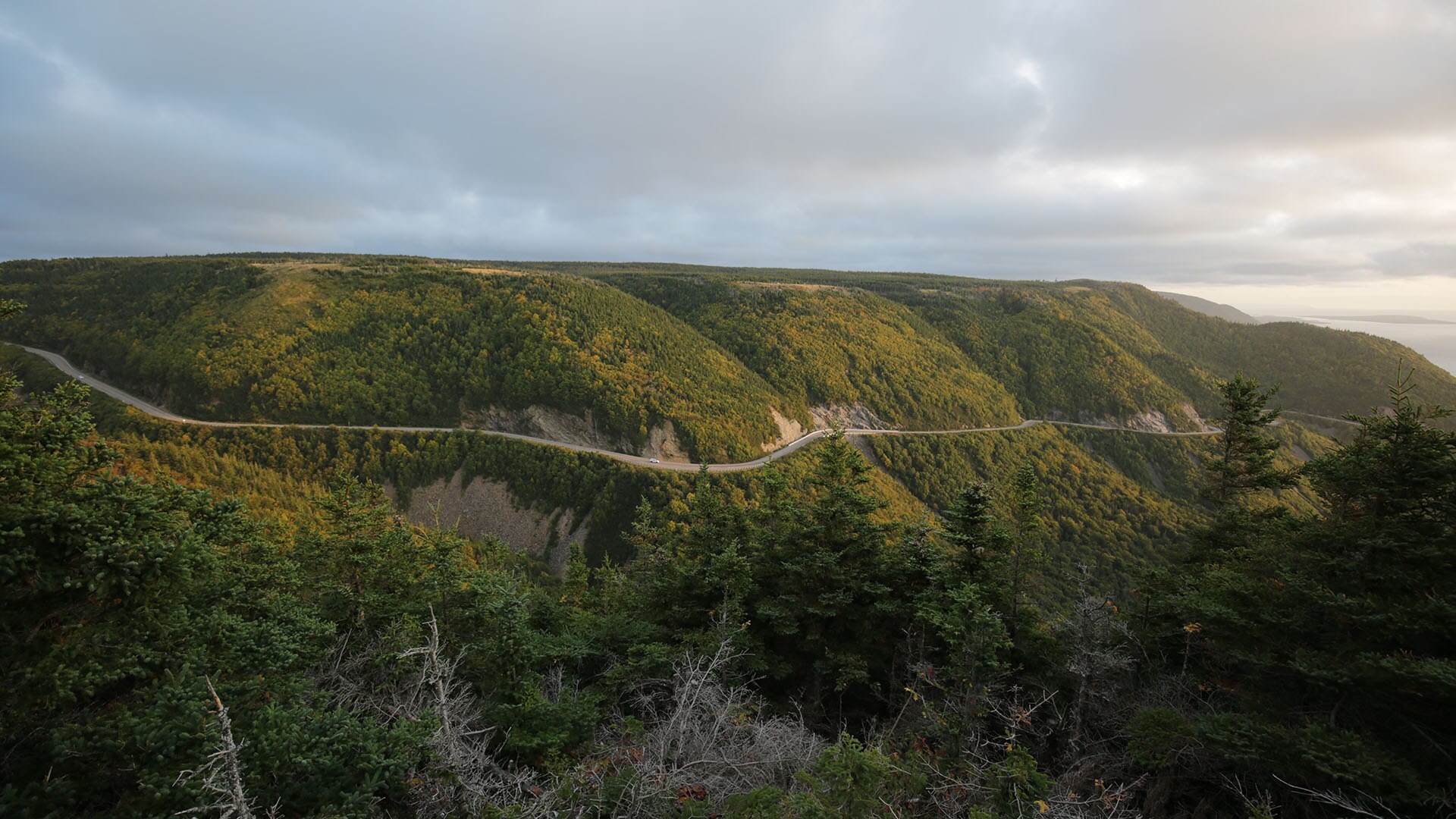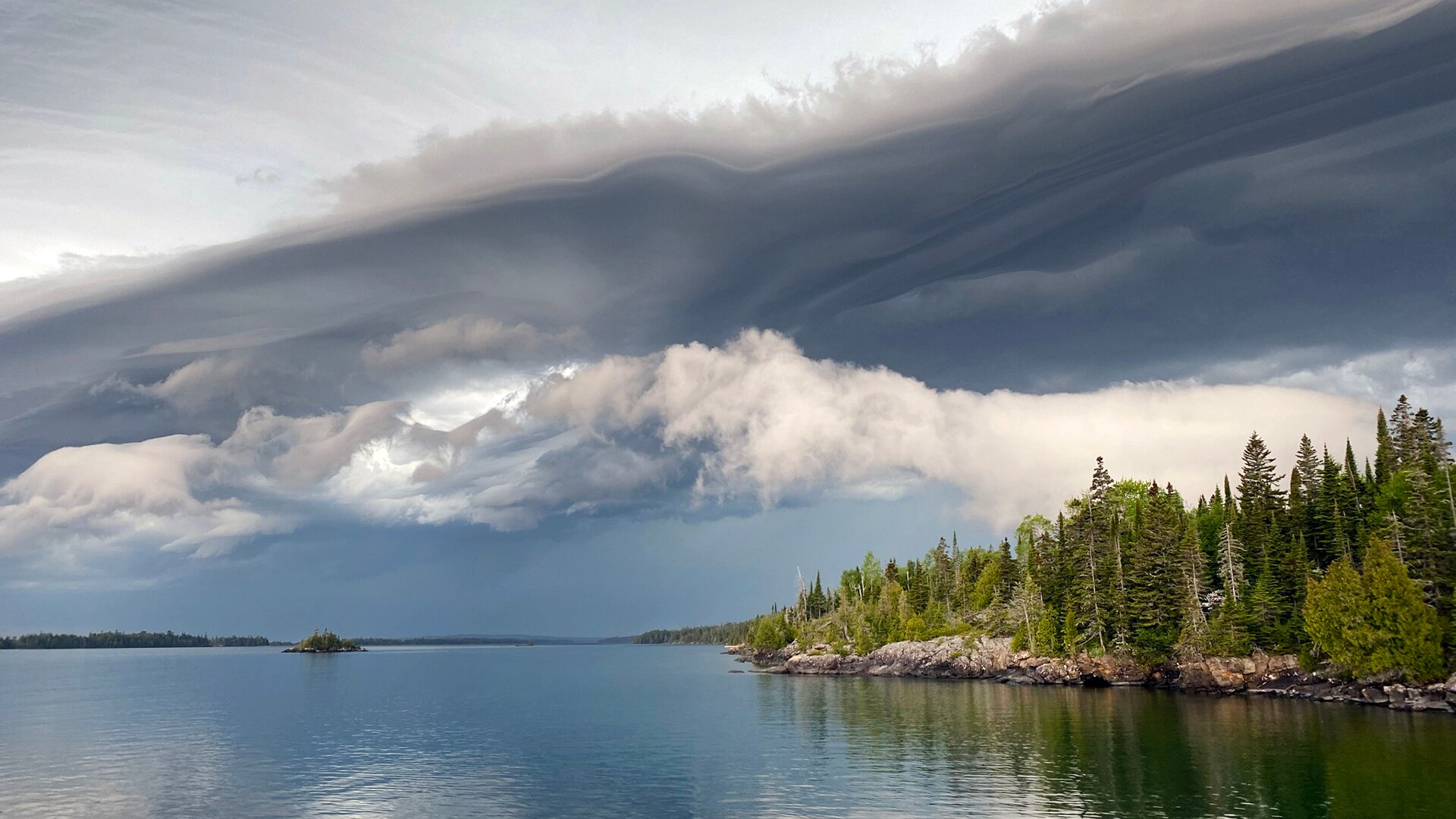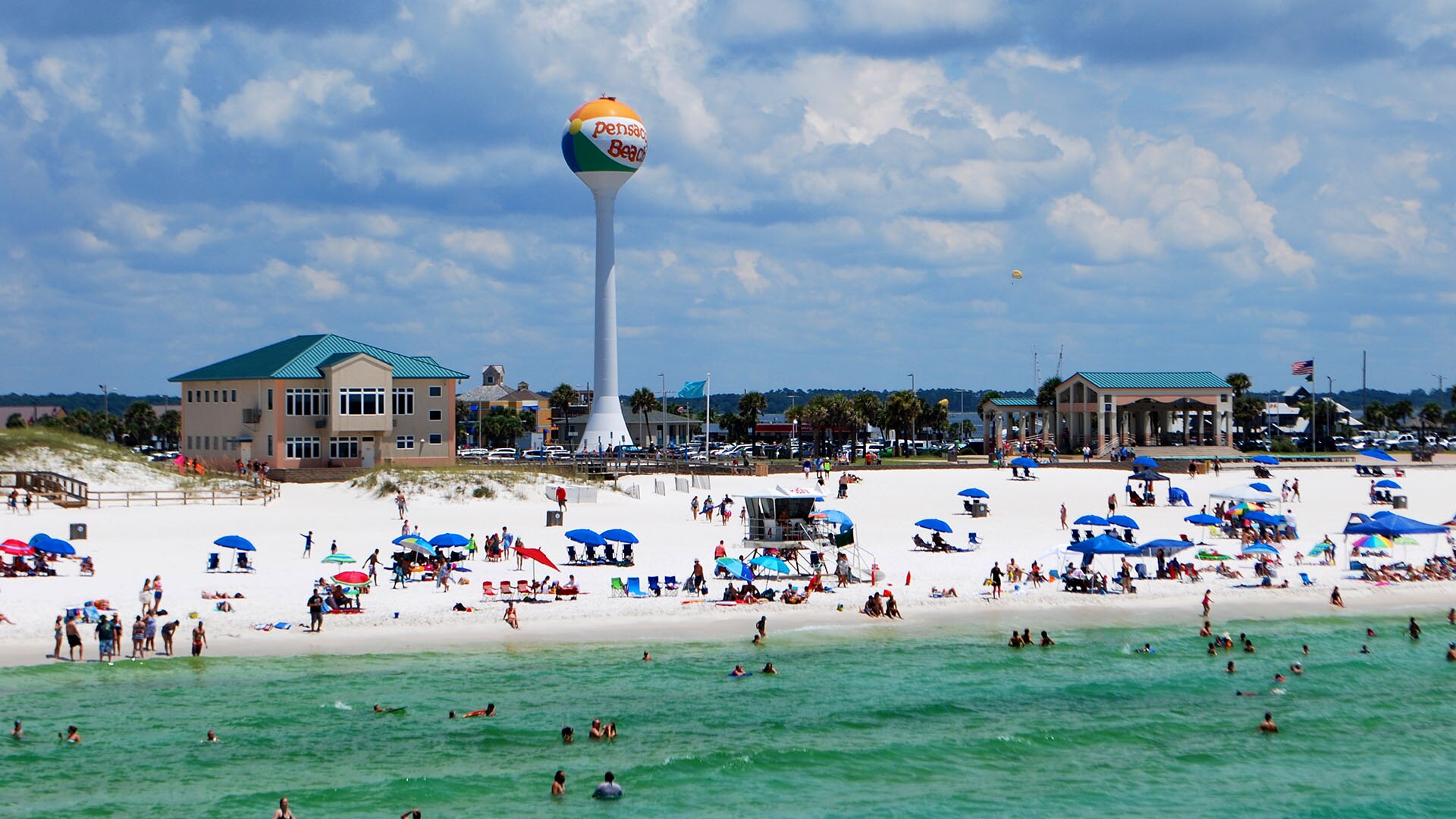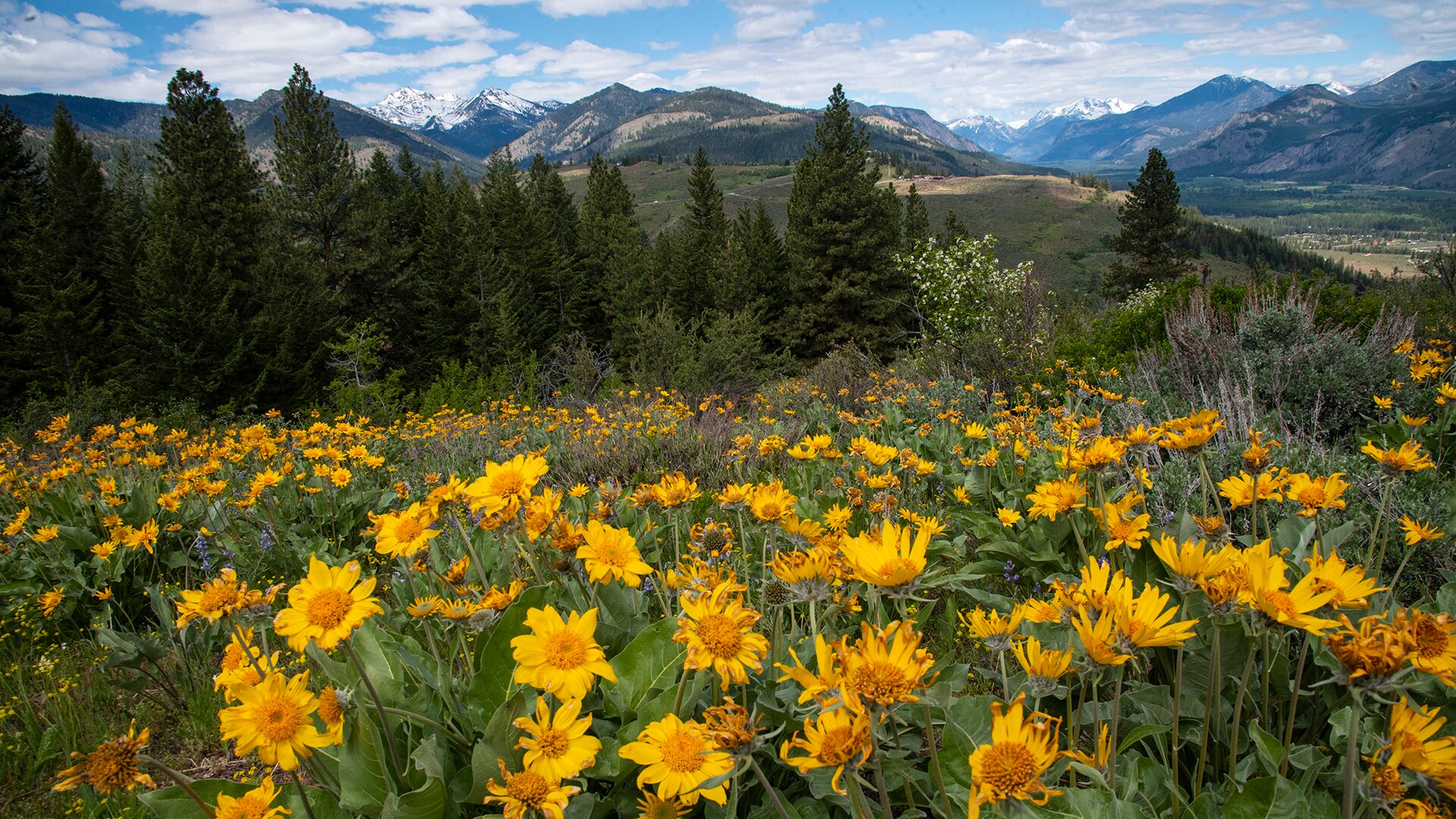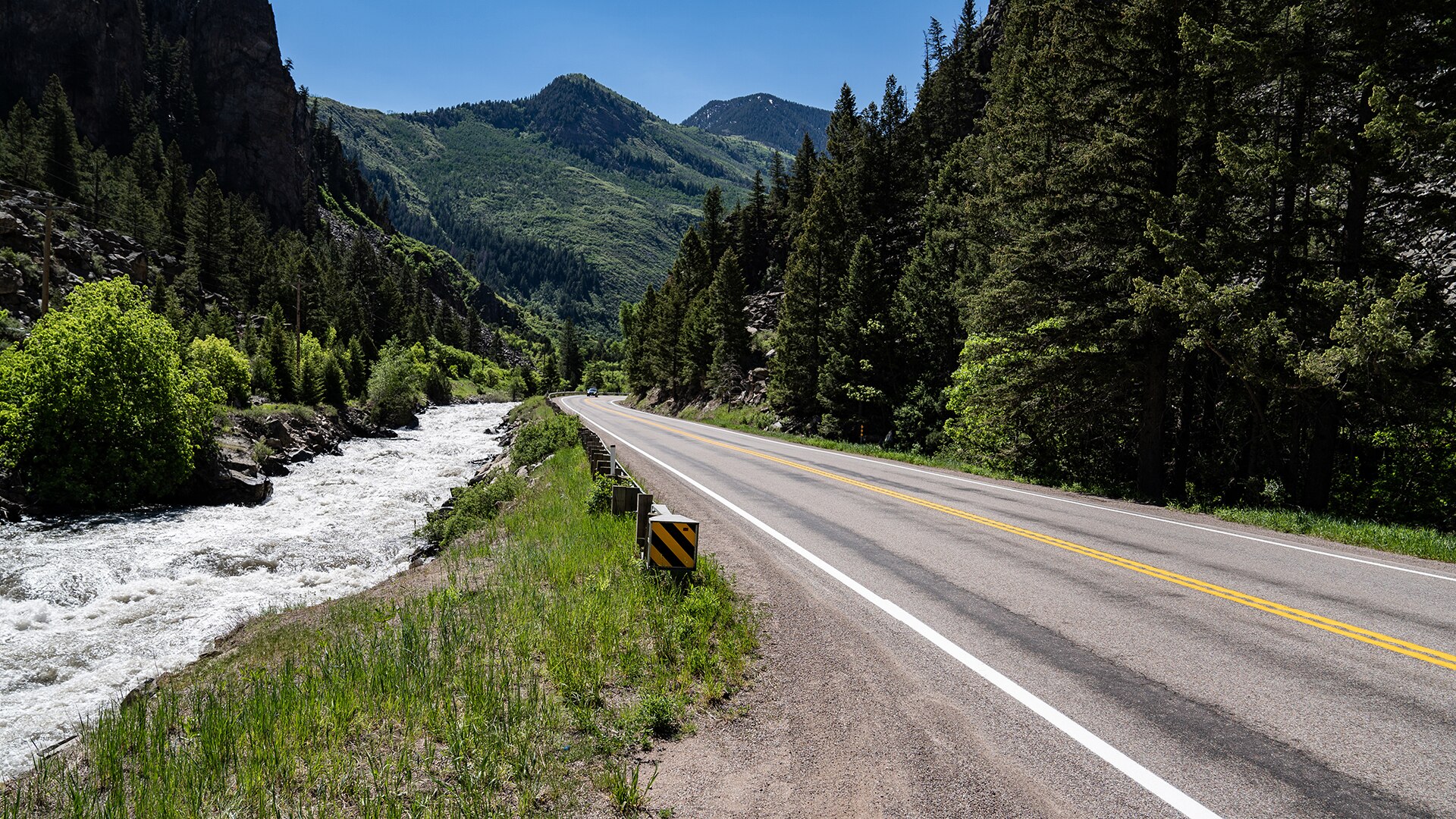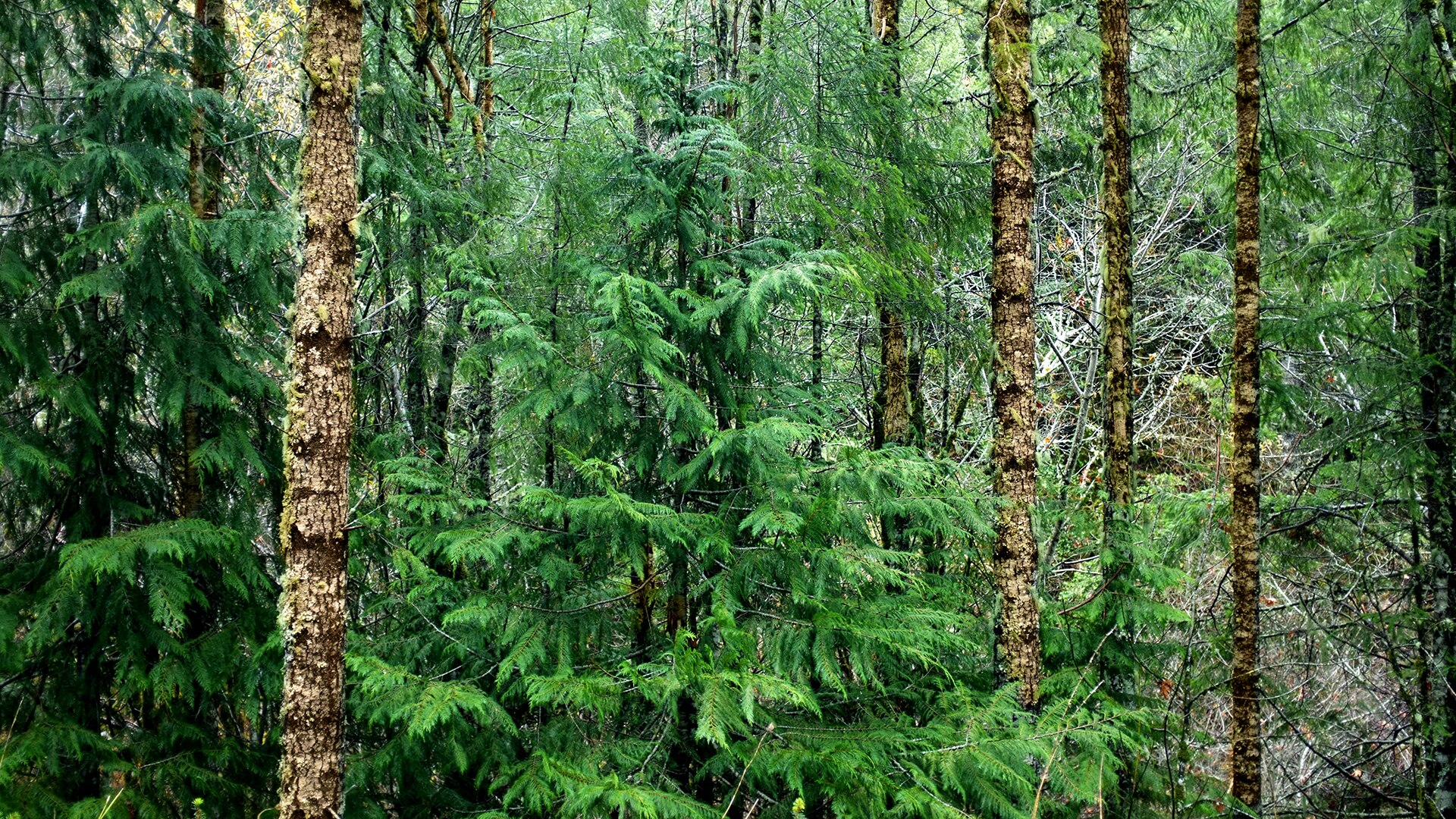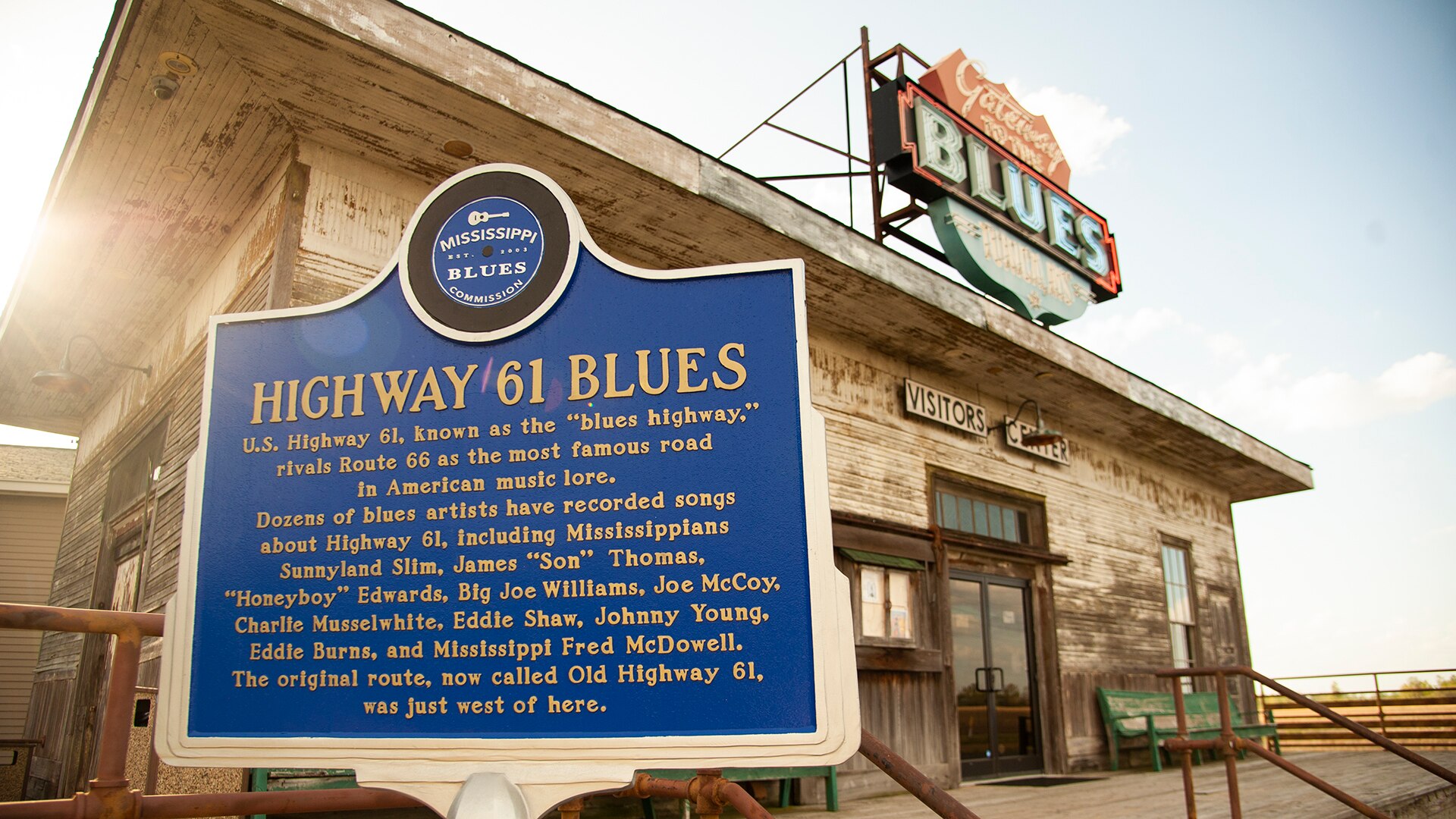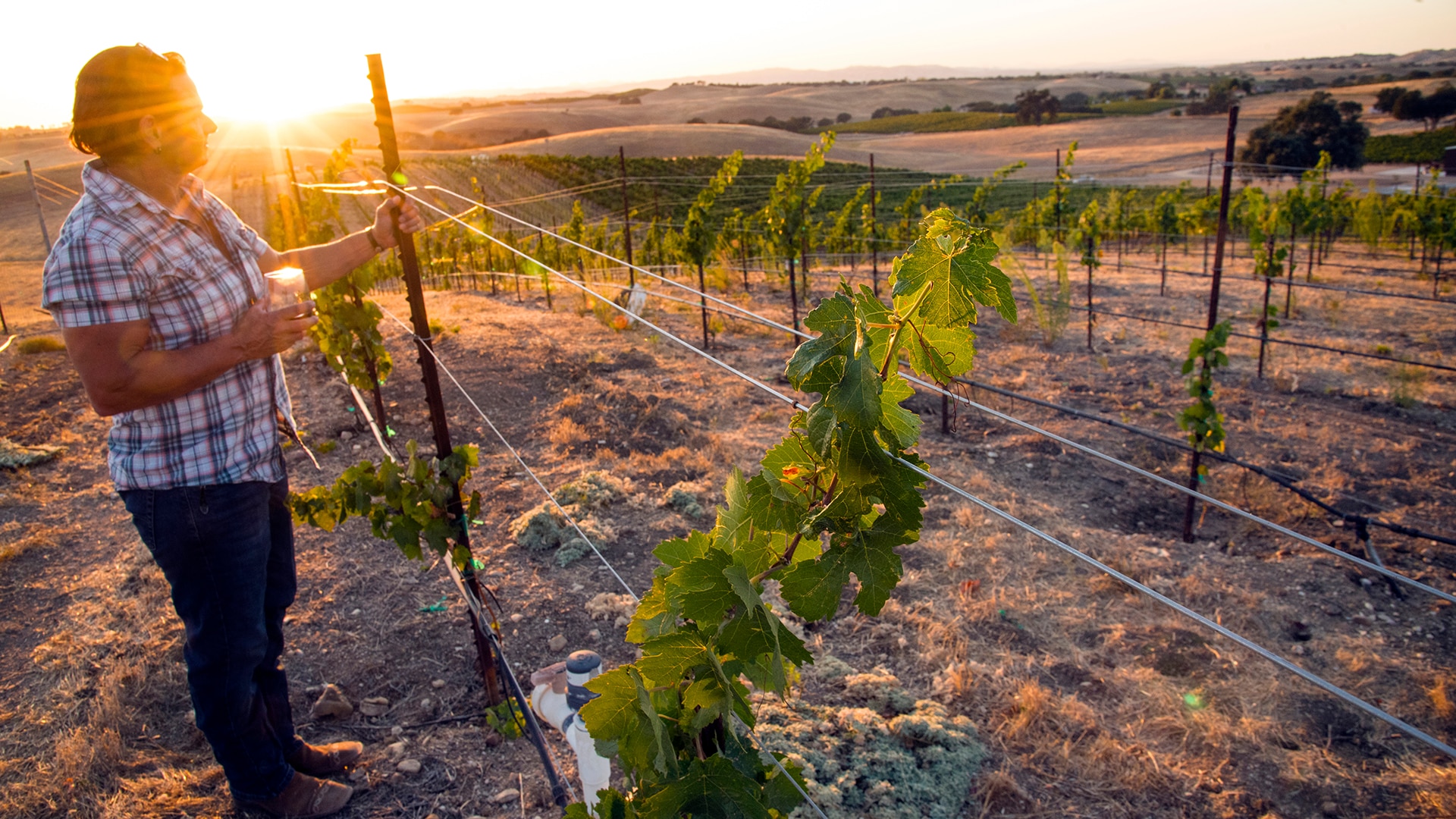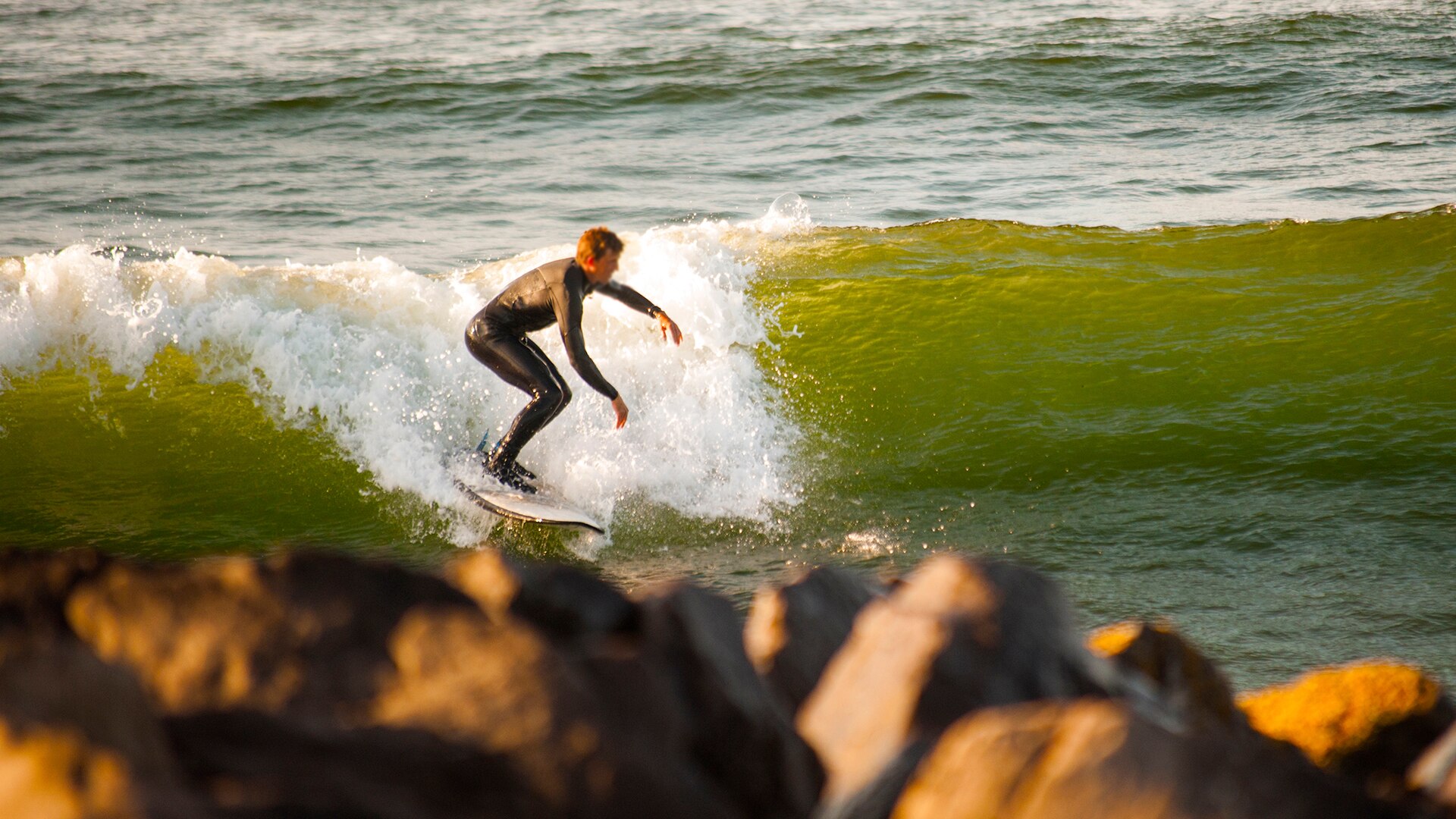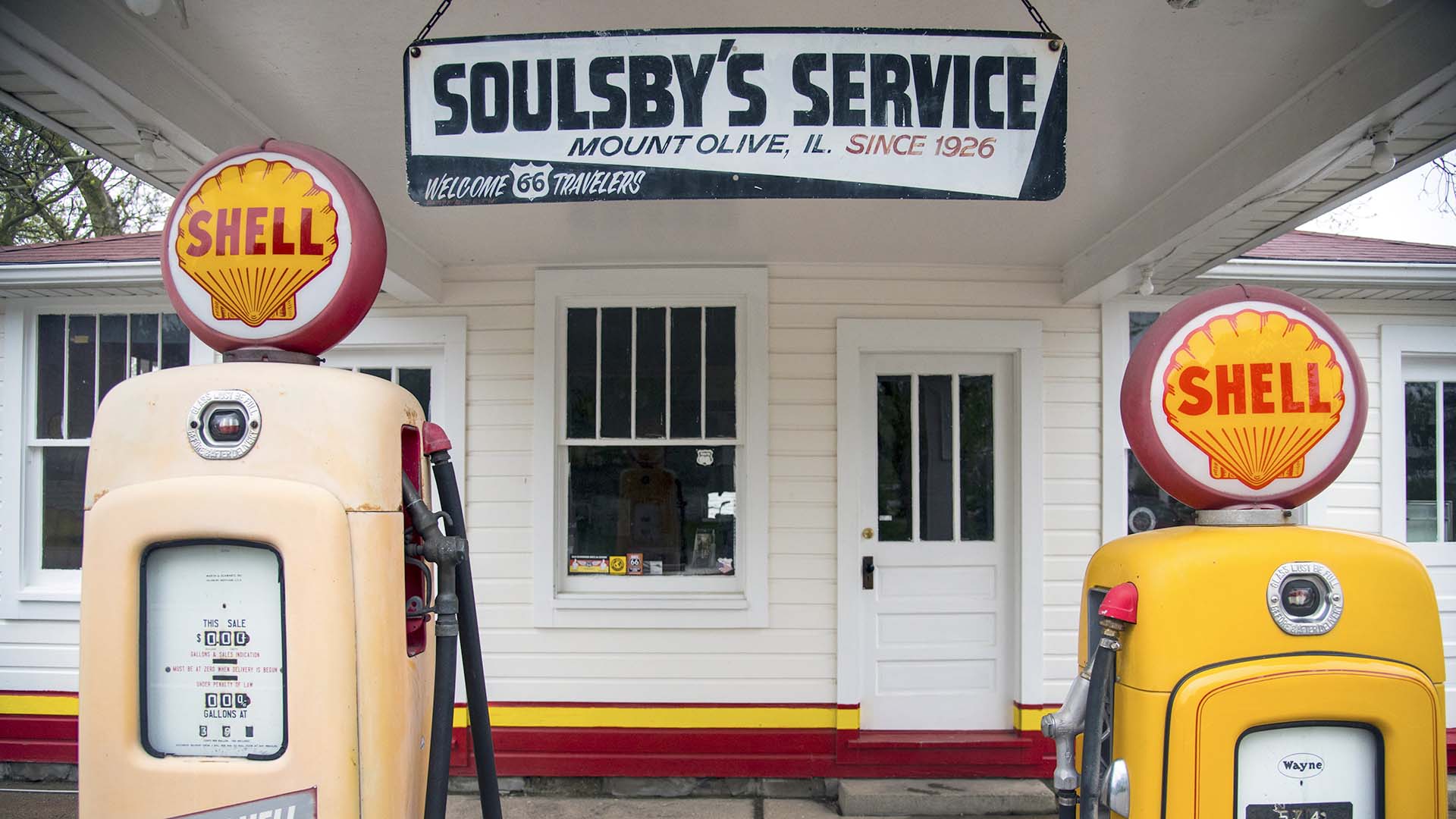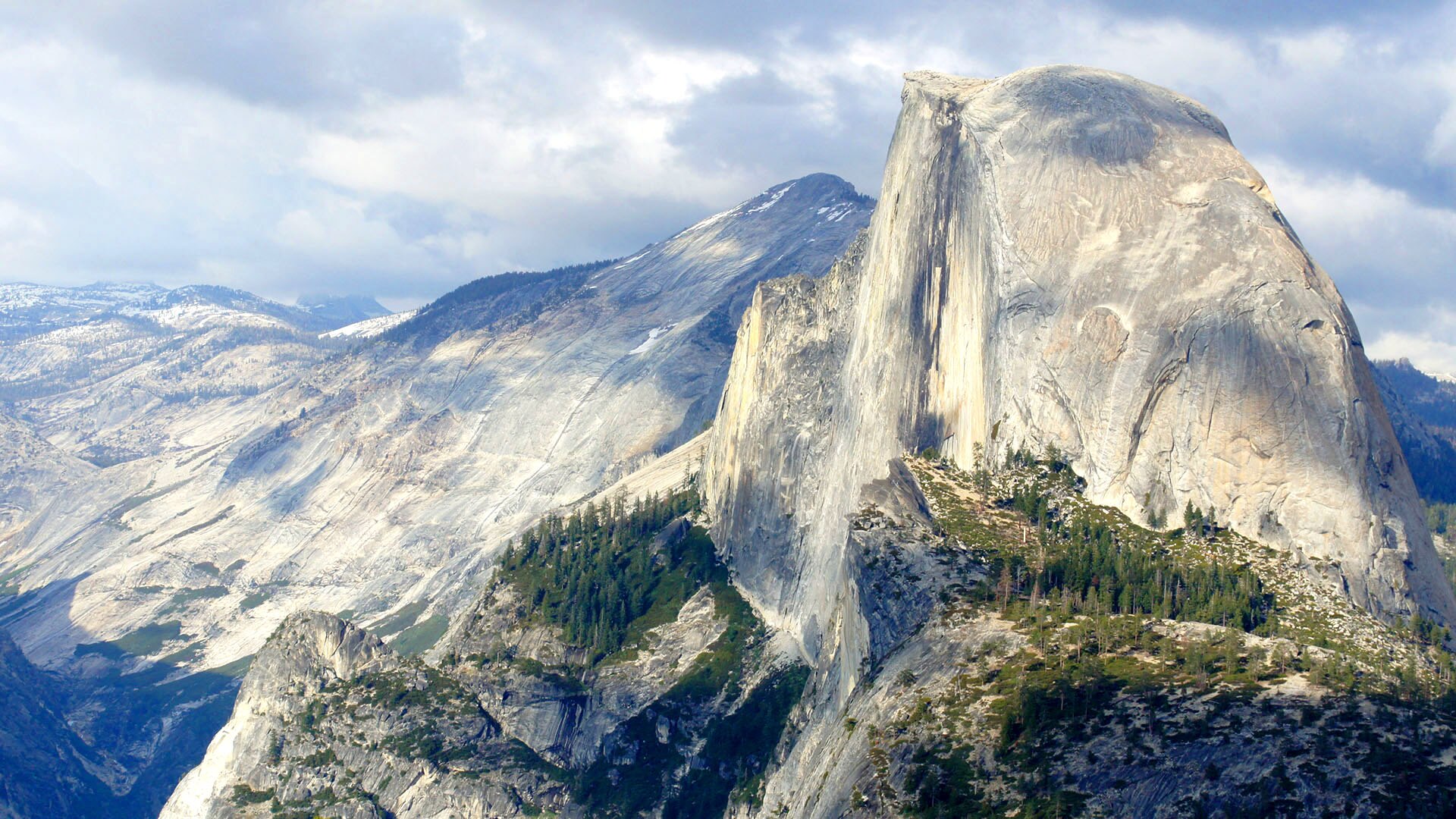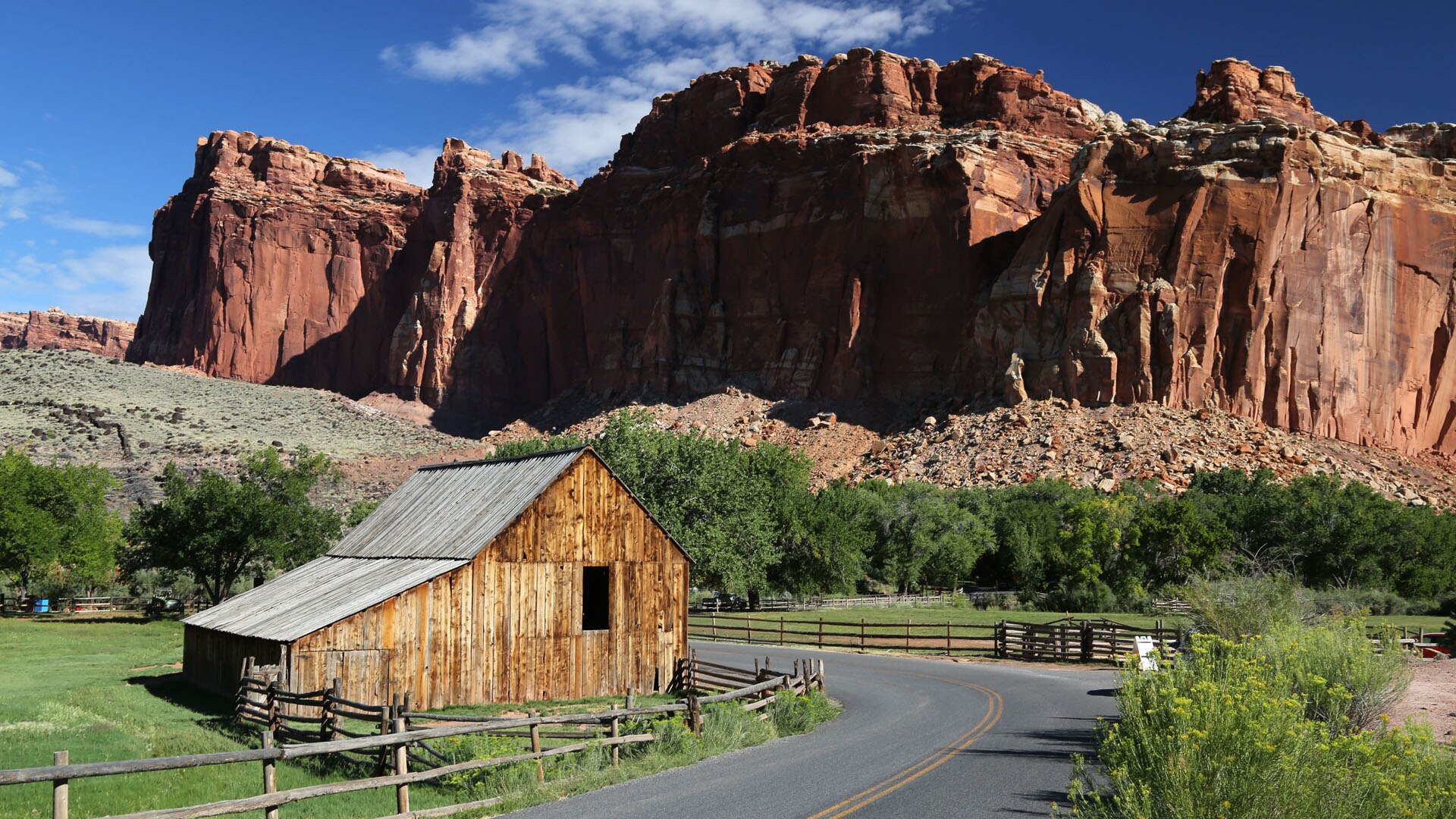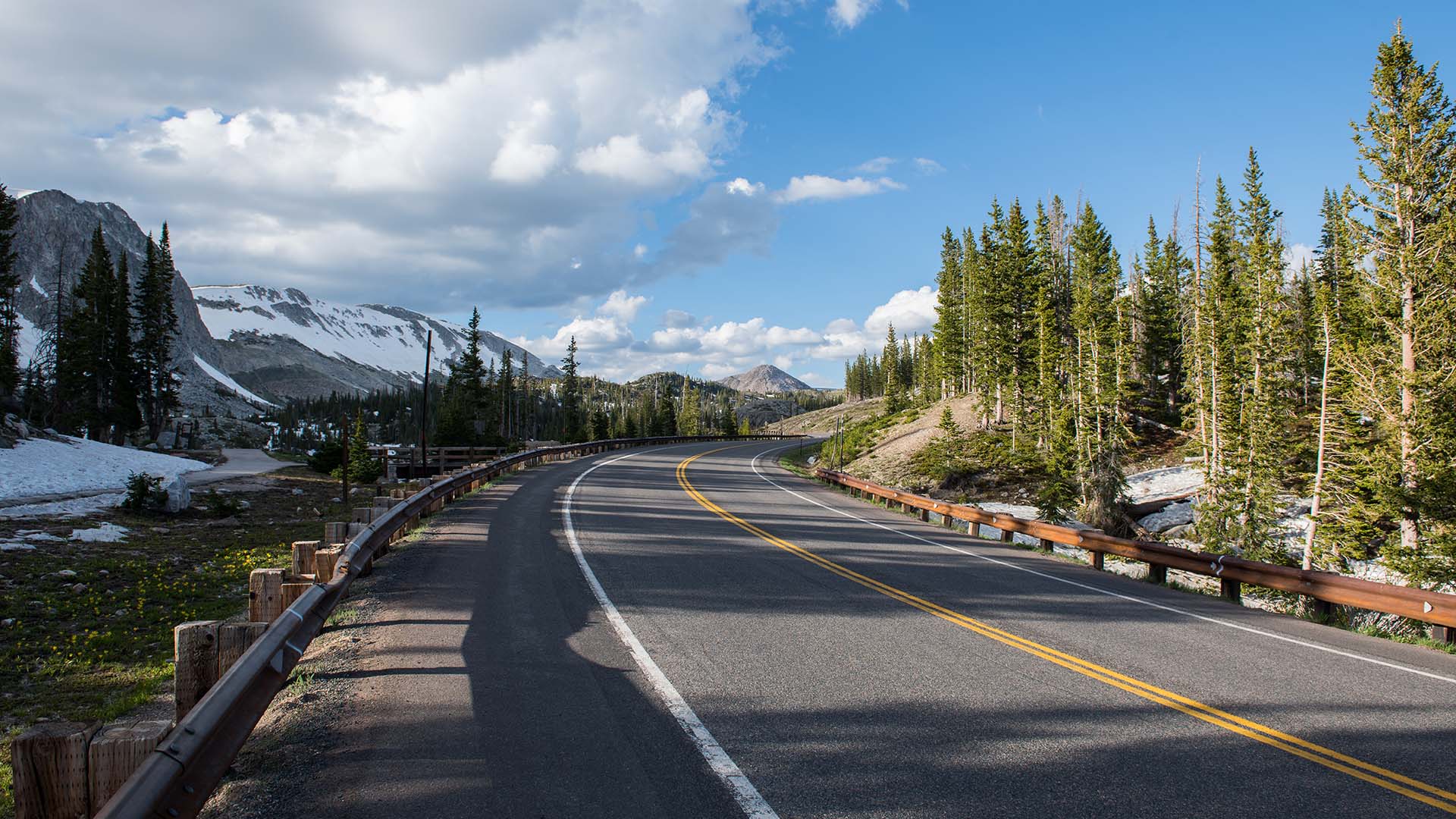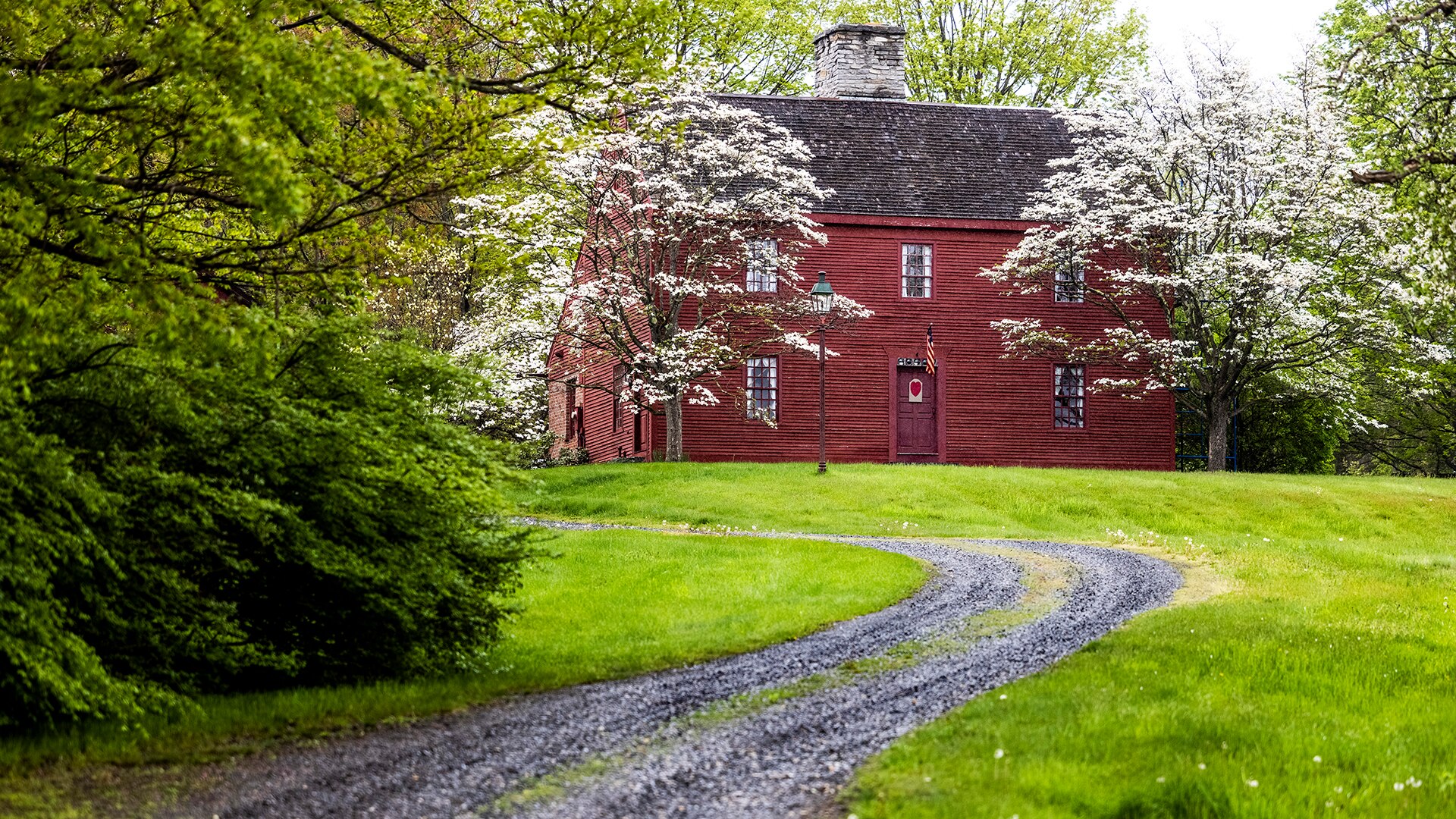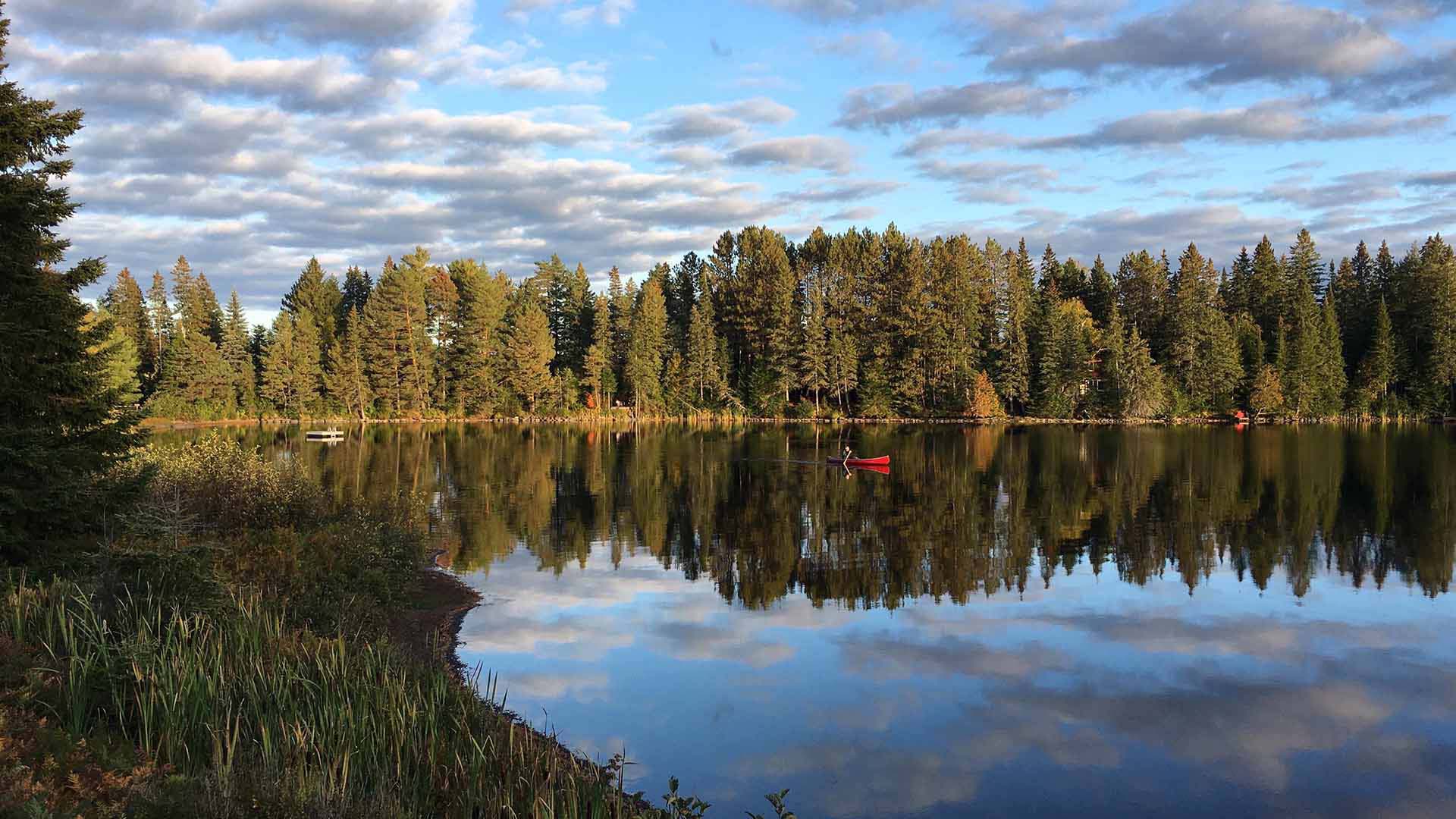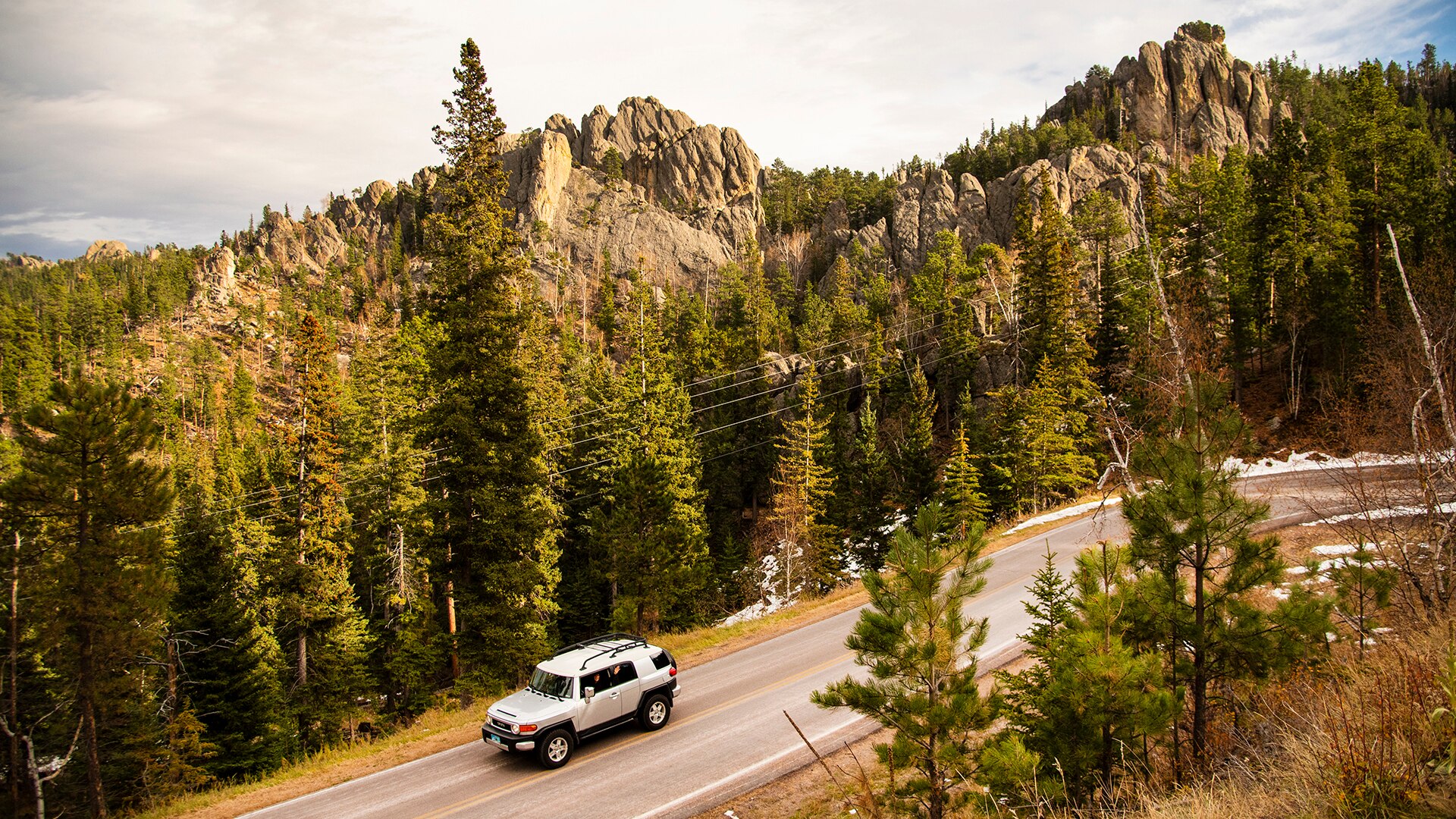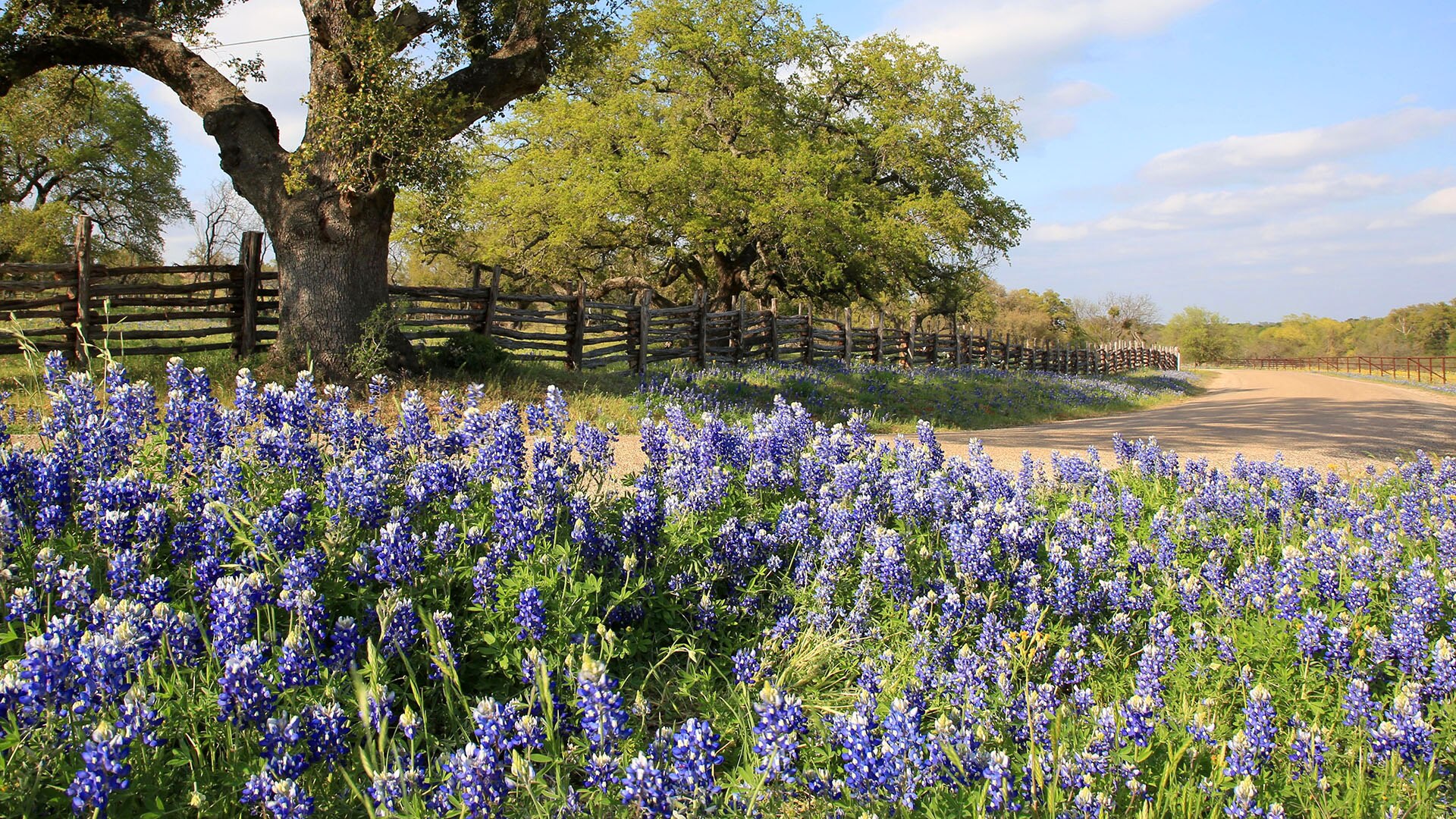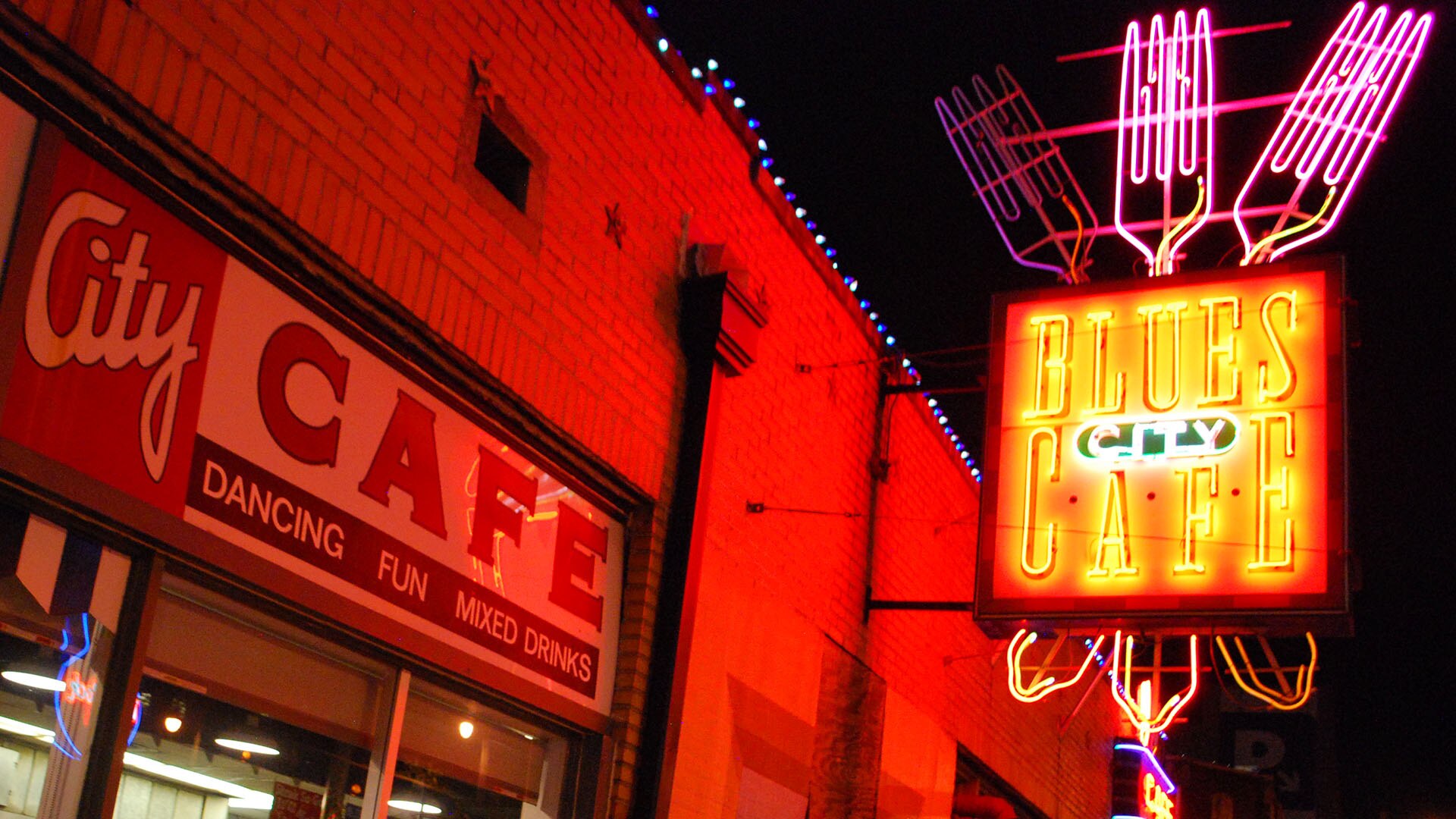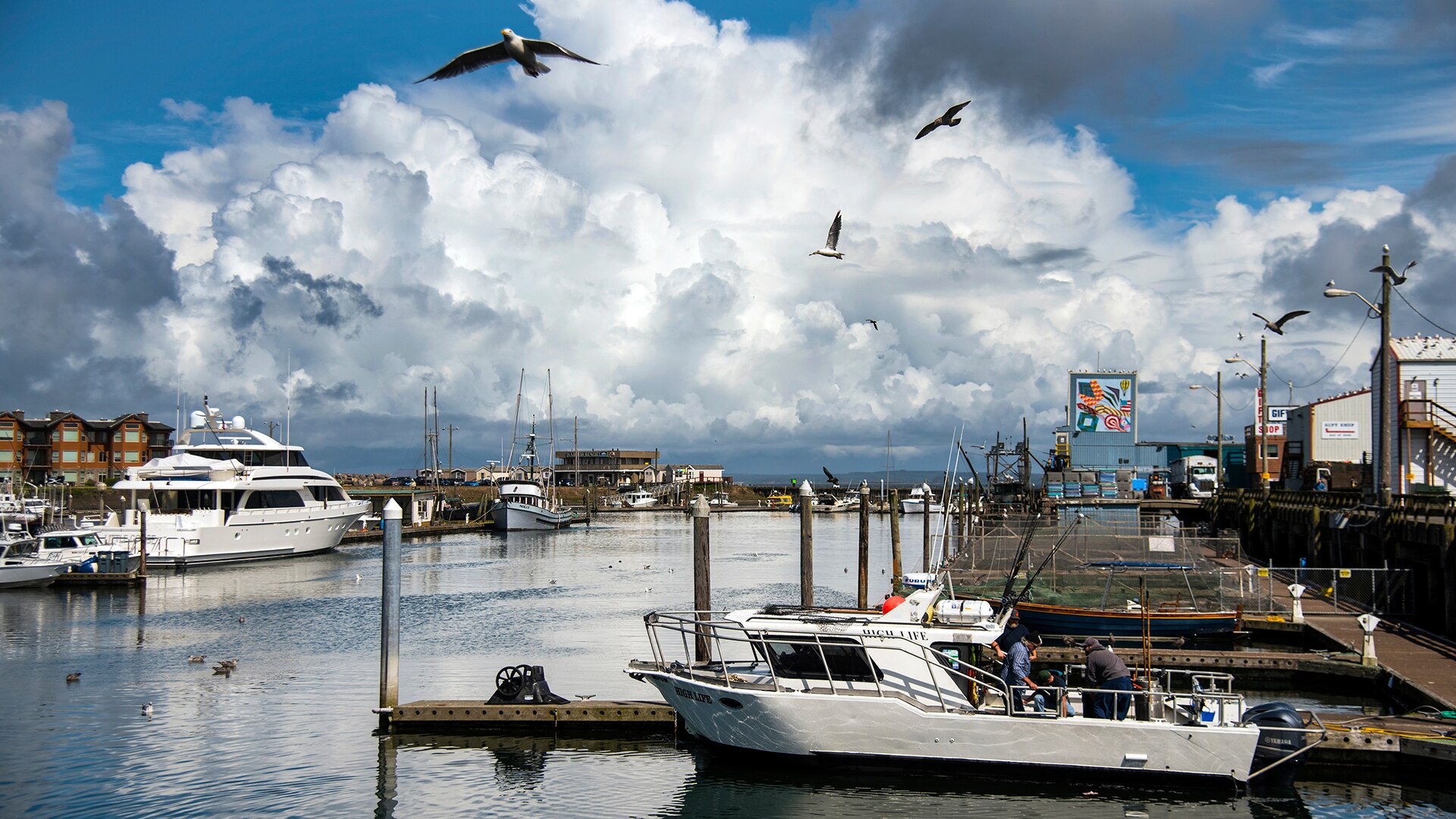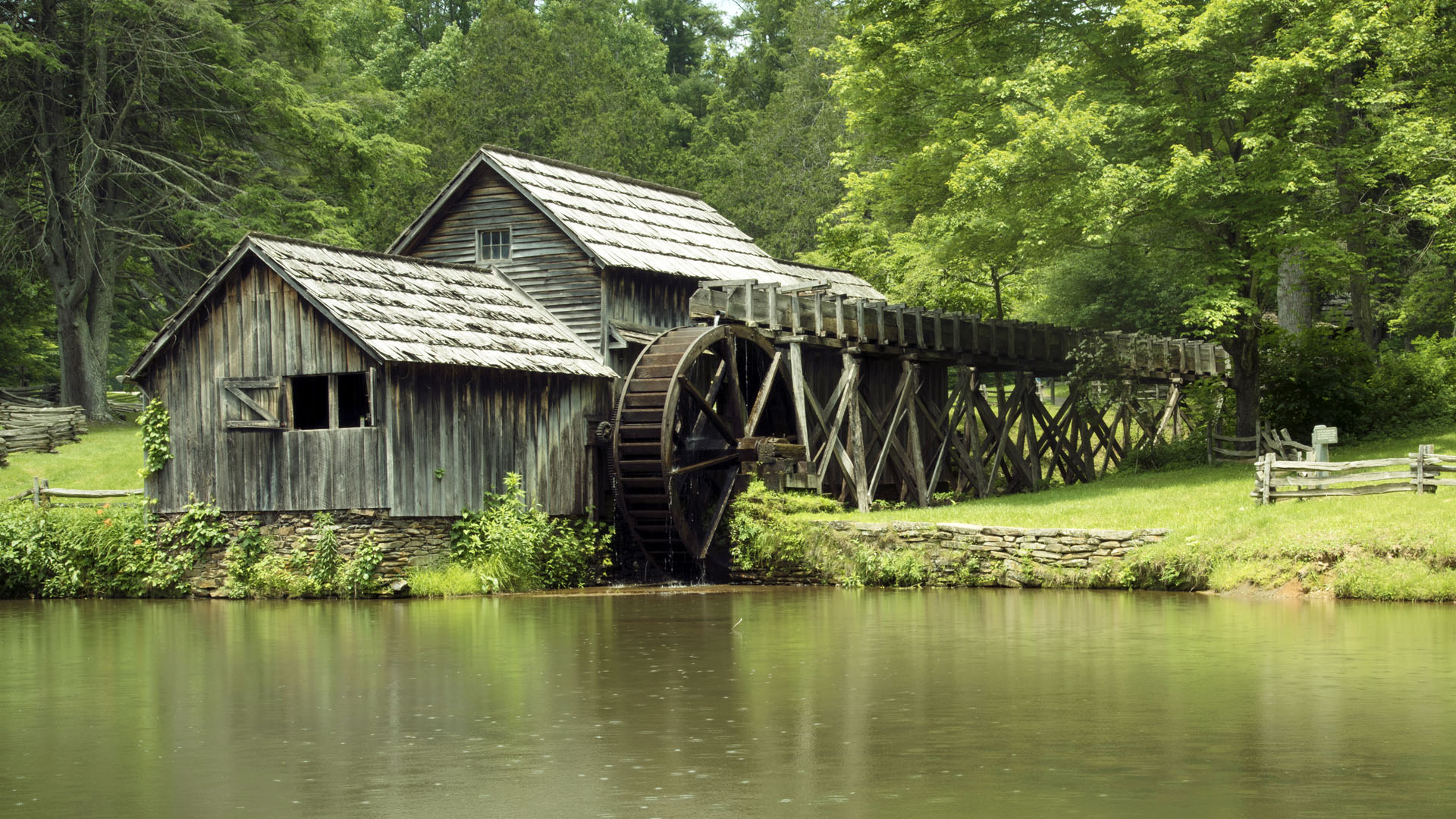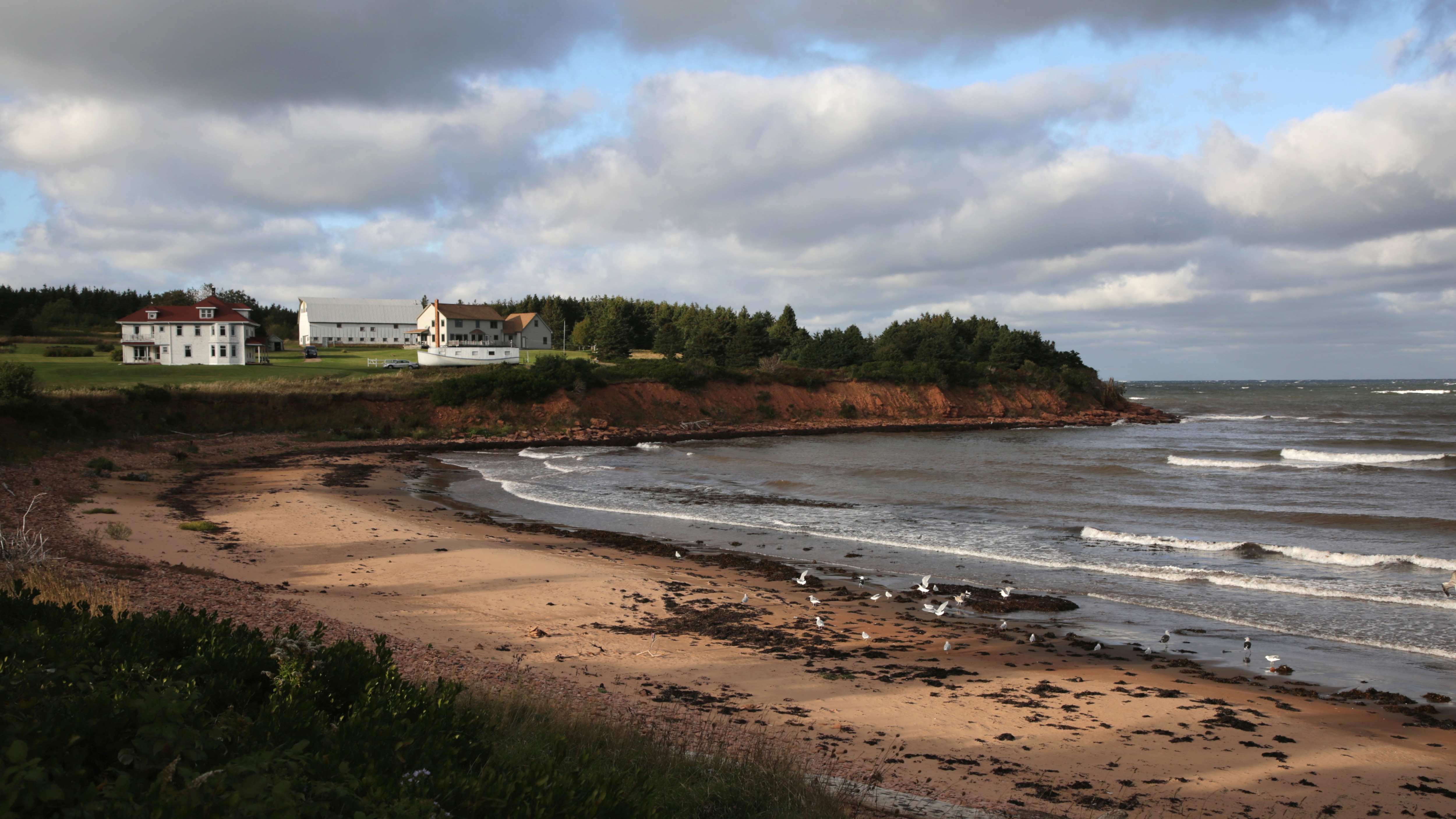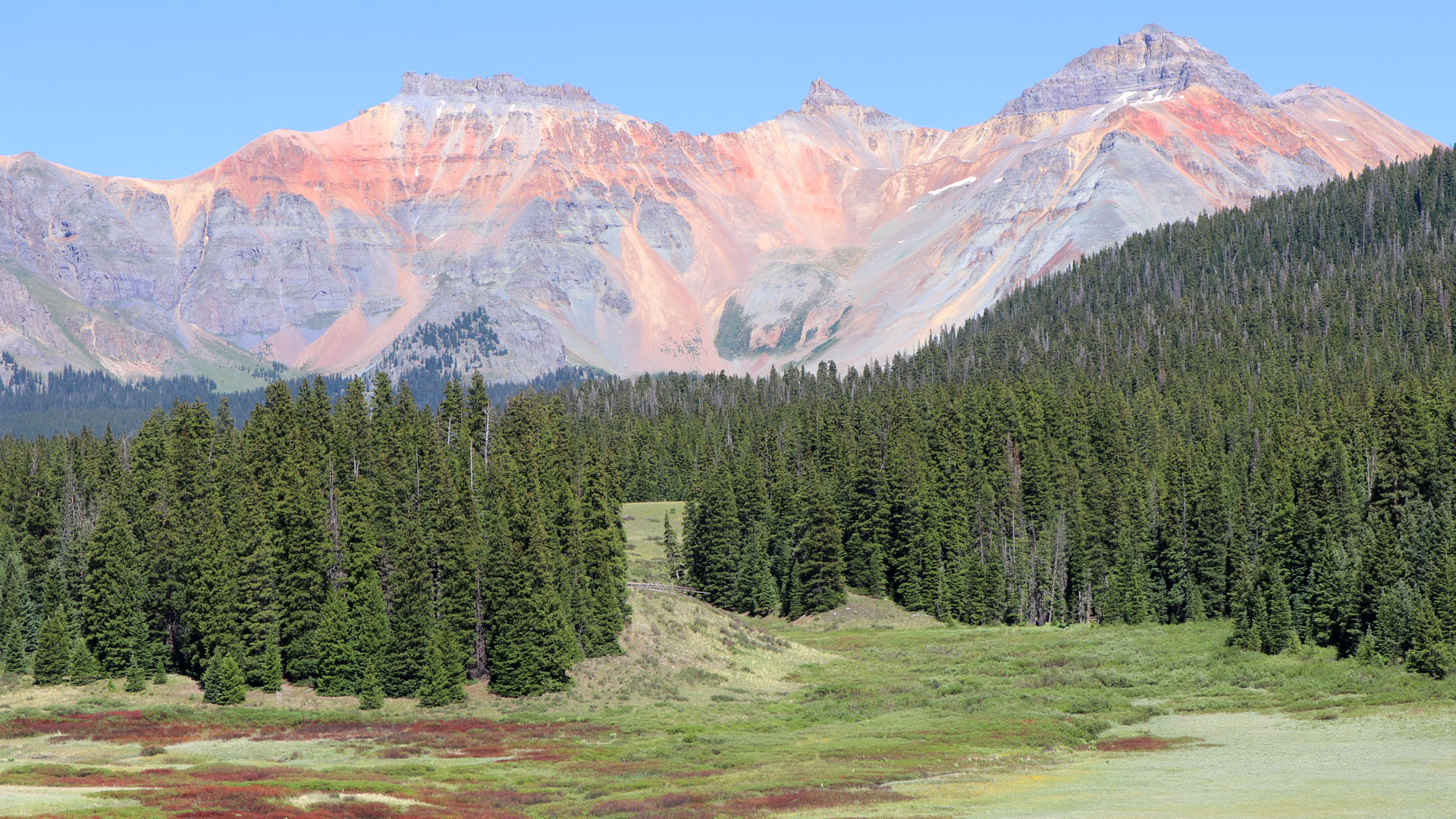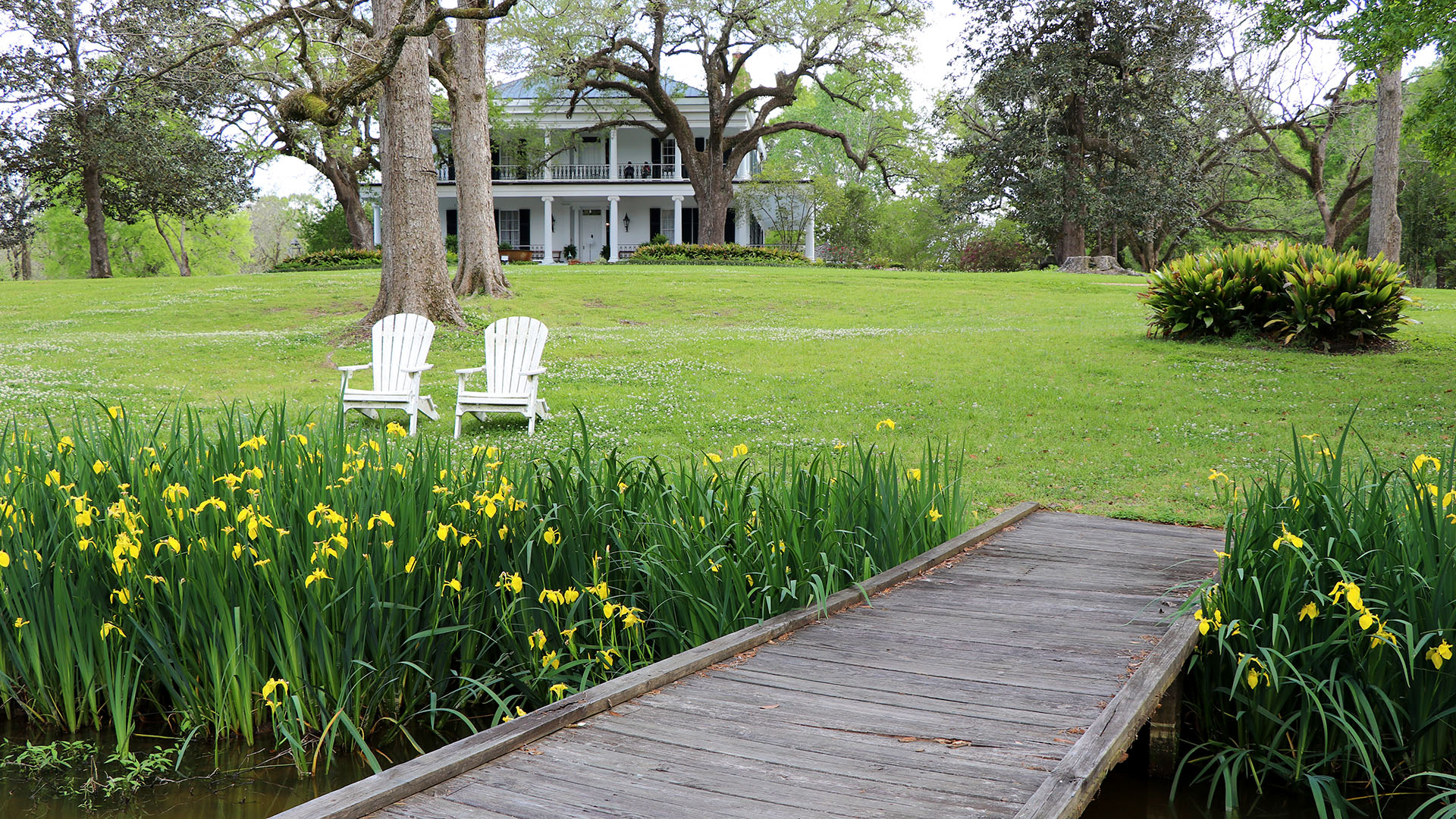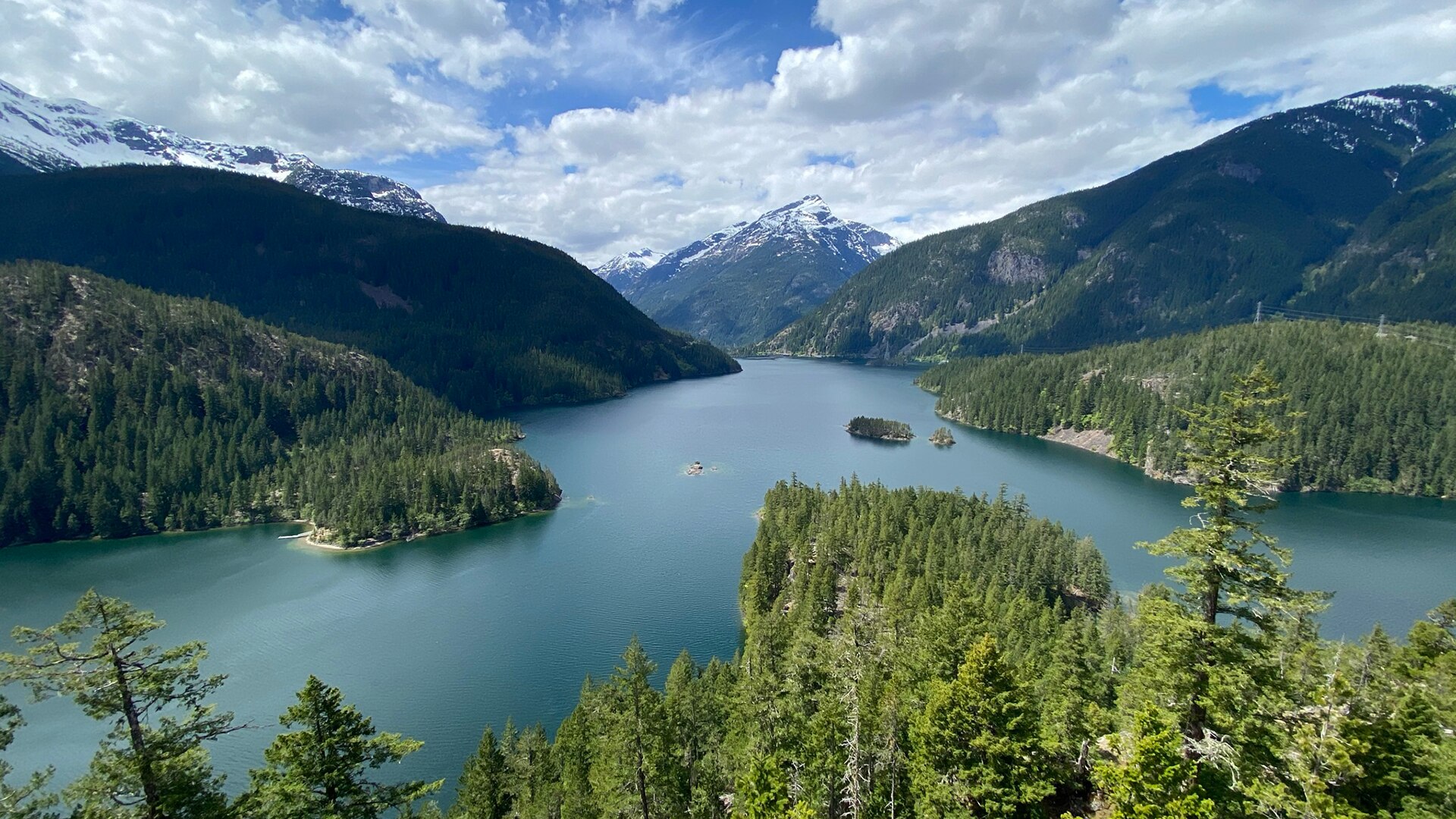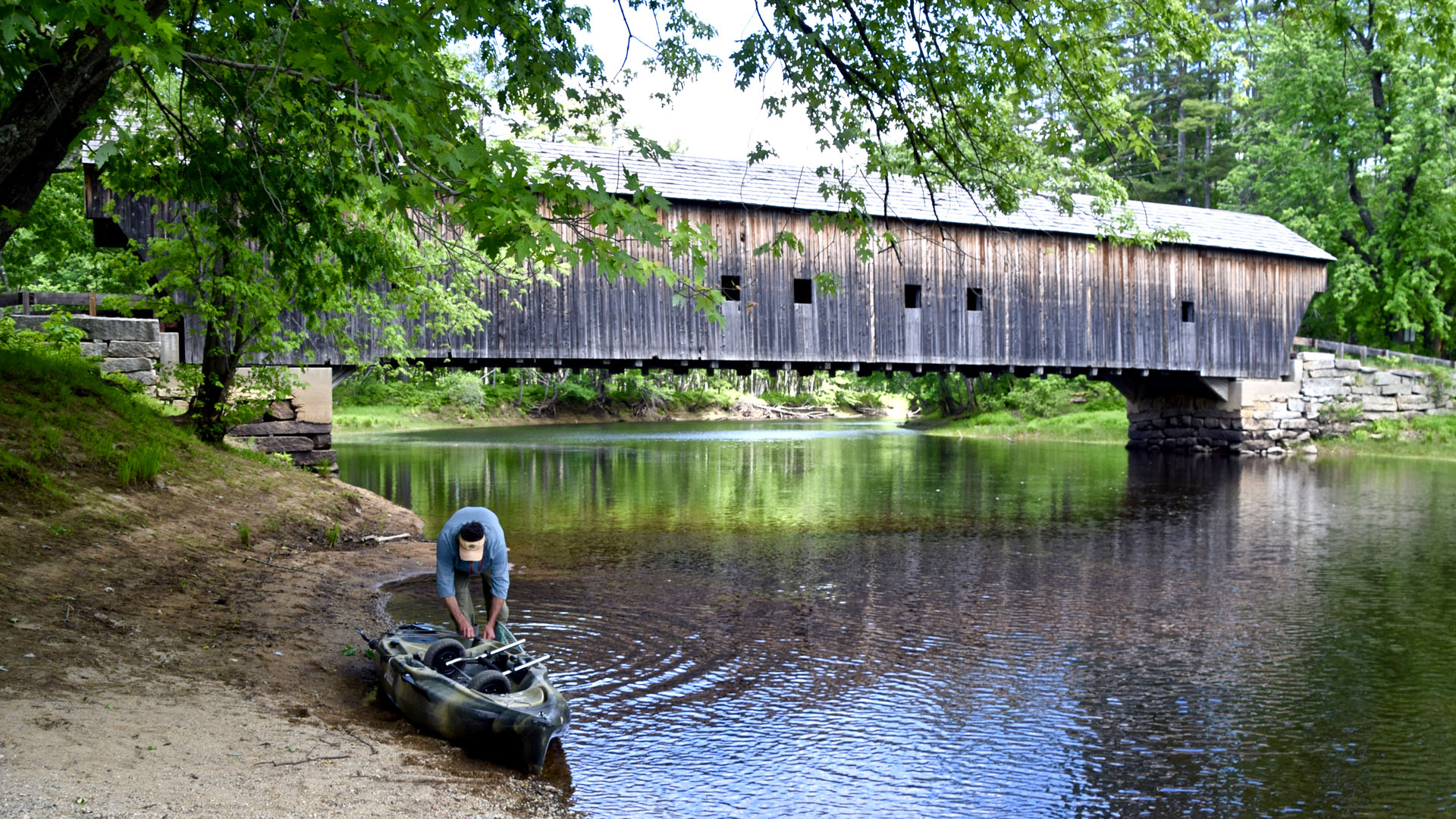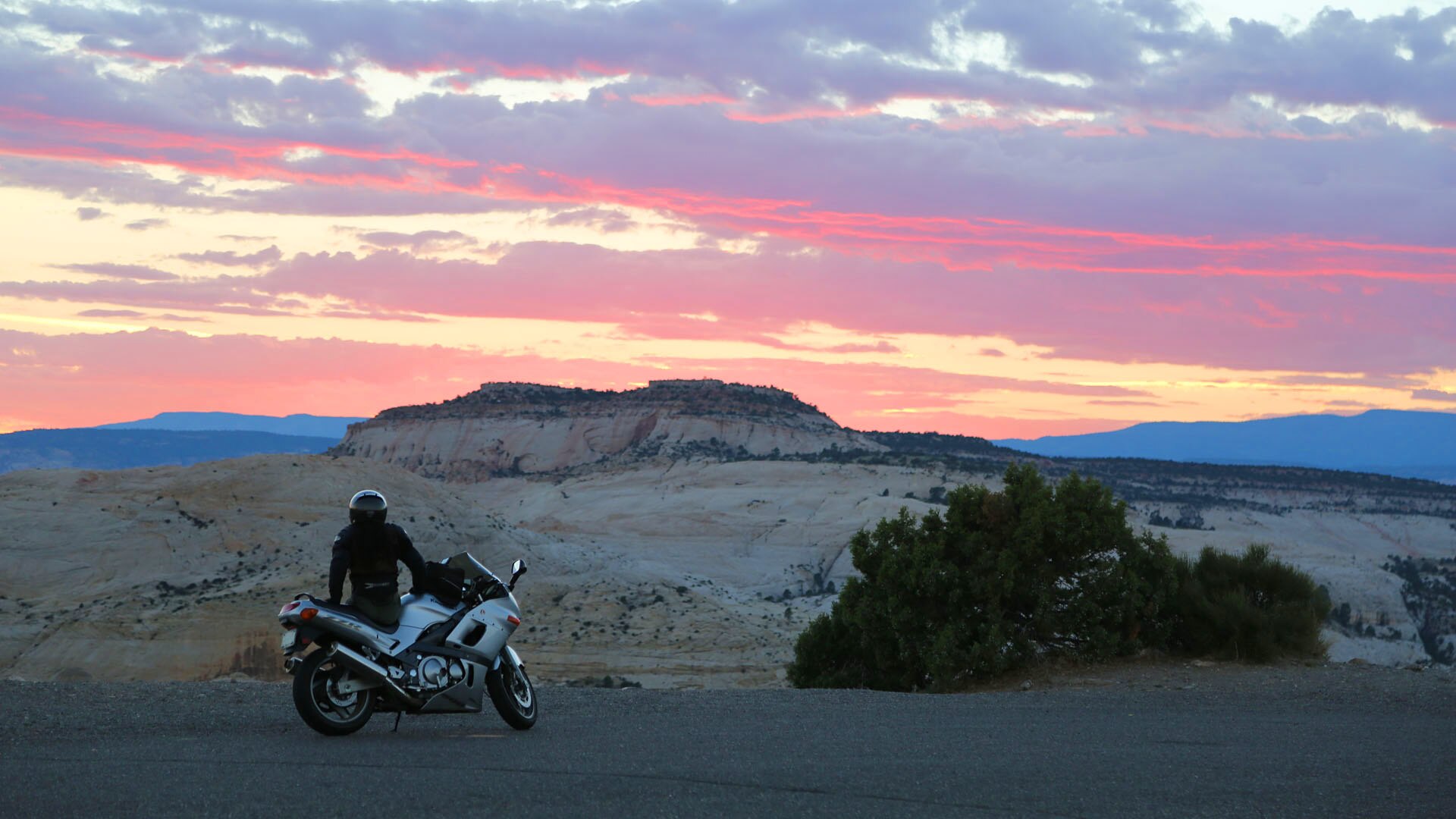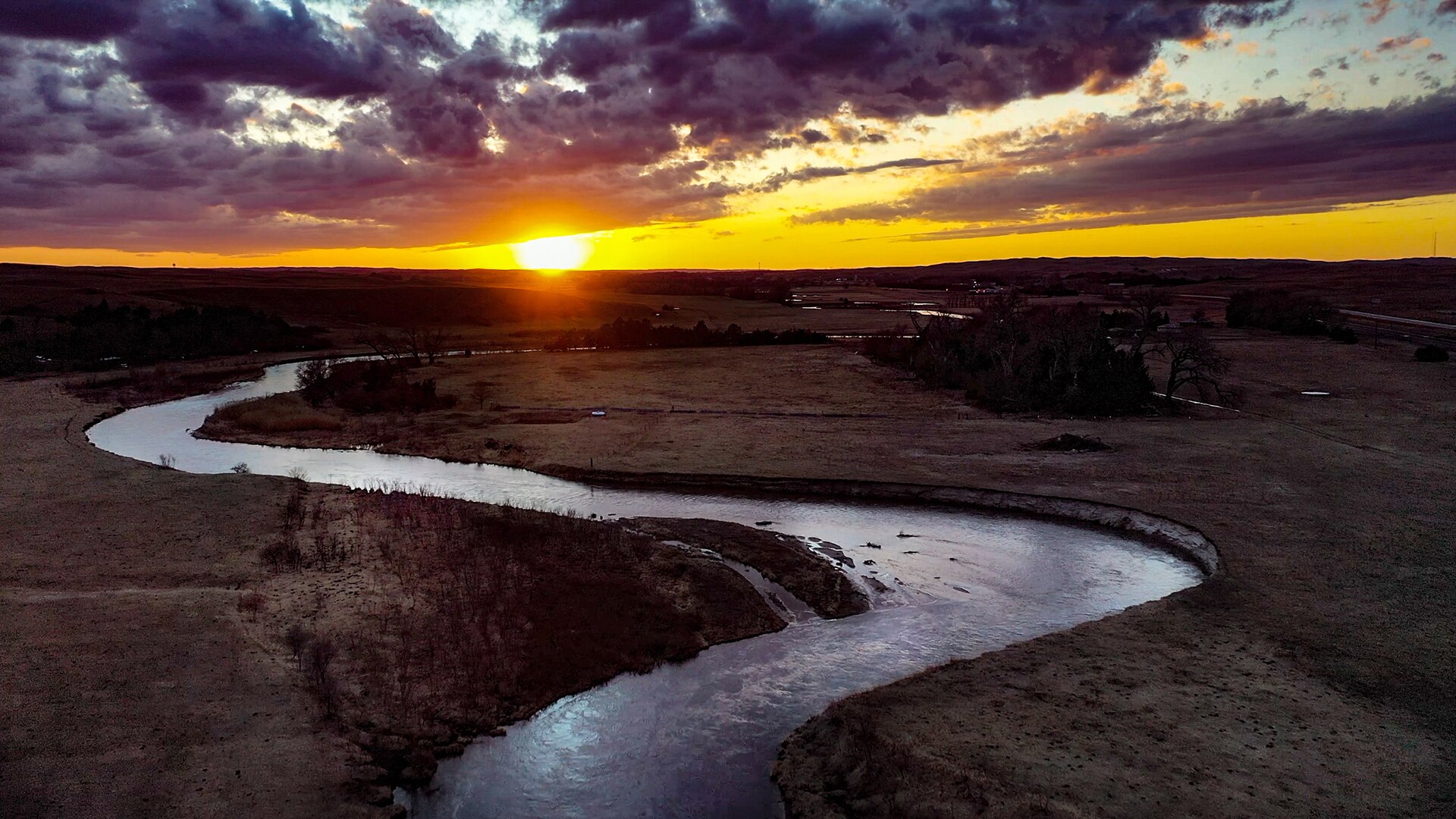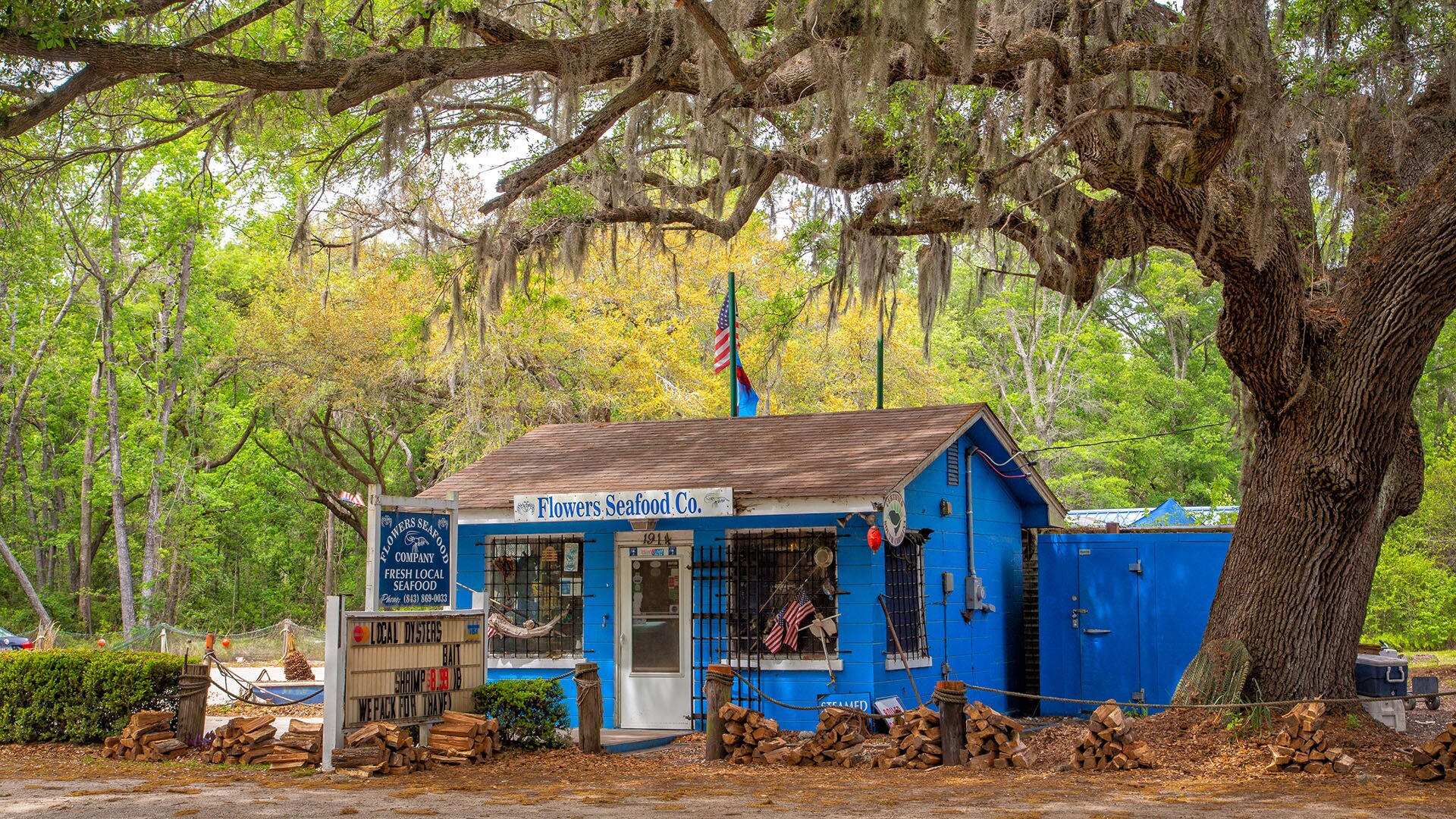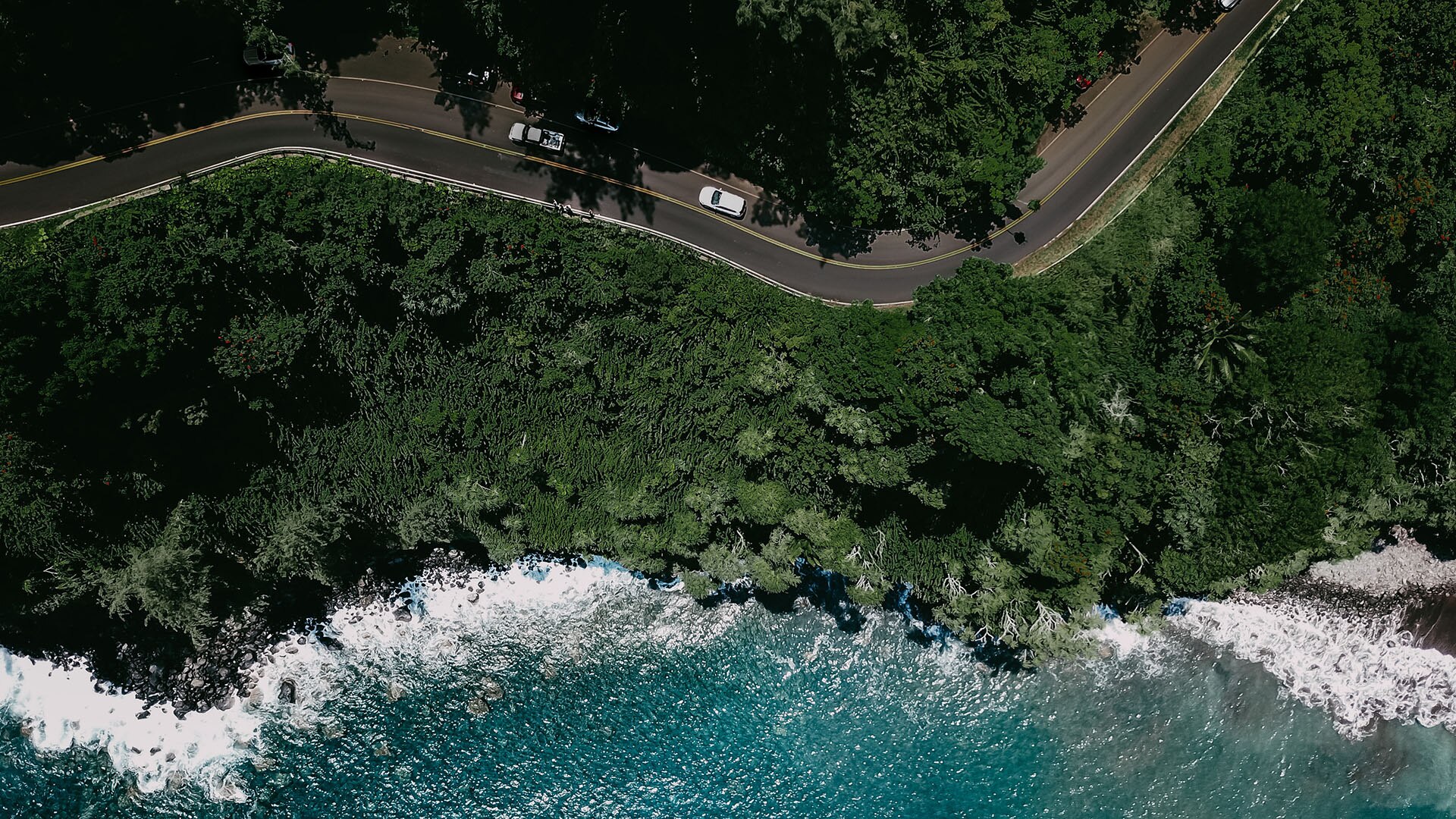Cabot Trail Drive is a Quest for the Best

The Cabot Trail stretches 185 miles around Cape Breton National Park in Nova Scotia.
Rich culture, great seafood and lively music distinguish this Nova Scotia journey from all others.
Musicians fiddle with a frenzy on Cape Breton Island, Nova Scotia.
That’s not surprising. Hundreds of years of practice have created some of the best players in the world, and some people say the music here might be more Scottish than in the motherland itself.
And like a blessed union, the toe-tapping, shoulder-swaying melodies provide the perfect soundtrack for what’s been called one of the most scenic drives in the world: the Cabot Trail.
Well-known routes such as the Pacific Coast Highway in California, the Overseas Highway in the Florida Keys and Scenic Byway 12 in Utah have earned their street cred. But the Cabot Trail, an isolated drive high in Canada’s northeast countryside, was a mystery — one that piqued my curiosity and tempted my sense of adventure. And as road warriors know, the quest for the most spectacular drive can be just as exhilarating as the drive itself.

A moose walks near the Skyline Trail hike in Cape Breton National Park.

The Cabot Trail drive is most dramatic near Cheticamp.
Wildlife Adventure and Cultural Odyssey
The 185-mile Cabot Trail opened in 1932. The circular route cuts through the upper part of Cape Breton Island and is especially dramatic as it skirts Cape Breton Highlands National Park, home to bald eagles, bears and moose.
The Cabot Trail is more than a scenic drive; it’s a cultural odyssey, a journey through towns that represent both Scottish and French traditions. Travelers can approach the loop in many ways and which direction you drive and where you stay is a matter of personal preference — I chose to drive clockwise based on availability of accommodations.
I began my journey in Cheticamp on the western side of the island, where Acadian culture is deeply rooted. The Acadians are descendants of French colonists who settled in northeastern Canada and Maine during the 17th and 18th centuries. The British eventually expelled thousands of them, creating the present-day Cajun population in Louisiana. The Acadian flag is the French tricolor with a golden star, and you’ll see it throughout town.
The Cornerstone Motel in Cheticamp provided friendly, inexpensive accommodations at the entrance to Cape Breton National Park, a perfect location for exploring. After grabbing a sandwich at Aucoin Bakery, which has been serving croissants and baguettes since 1959, it was time to hit the road.

Fishing boats in Cheticamp

A moose stands atop French Mountain.
"Driver’s Dream" Leads to Live Music
As I entered the park, it was immediately clear why people love the drive. The two-lane road hugs the dramatic Gulf of Saint Lawrence coastline. I drove 13 exhilarating miles, constantly twisting, turning, rising and falling, to my first destination — the Skyline Trail.
The Cabot Trail is a driver’s dream, but the route also features 26 hiking trails. If you only hike one, make it the Skyline Trail. The easy 4-mile loop provides stunning coastal views from atop French Mountain. And just when I thought the day couldn’t get any better, a family of moose crossed my path at sunset. It was magical.
On advice from a local, I settled into the Harbor Restaurant and Bar in Cheticamp for dinner. I considered ordering the Acadian-Style Morue en Cabane (fresh cod slowly cooked with chives and pork scraps) but ordered the recommended Bayside Fettuccine (shrimp, lobster, scallops and vegetables gently sautéed in creamy white seafood sauce topped with fresh parmesan cheese). “Everything is caught in waters off Nova Scotia,” the waitress assured me. I typically don’t order seafood, but it was the best meal of my trip, maybe of the year.
Just down the street at the casual Doryman Pub & Grill, talent night beckoned musicians who fiddled and plucked while patrons square danced. Though Cheticamp was my first stop, the day typified the entire Cabot Trail experience — thrilling drives, beautiful hikes, fascinating wildlife, delicious seafood and great music.

Fishing boats

The Keltic Lodge and Resort sits on Middle Head, a rocky outcrop that juts toward the Atlantic Ocean.
Gourmet Meals and Golf
The next day, I weaved my way around the northern end of Cape Breton National Park toward Ingonish. I was in no rush, so I made several stops to break up the journey.
At Pleasant Bay, the Rusty Anchor is a popular family-run restaurant with a great view and a large statue of a fisherman heaving a lobster skyward. Two good hikes are nearby. The MacIntosh Brook Trail was an easy 45-minute round-trip hike to a waterfall, and the Lone Shieling Trail had a replica of a Scottish farmer’s hut set among 350-year-old sugar maple trees.
The Cabot Trail has an optional coastal offshoot as you approach the east coast. If you take it, drop by the Chowder House in Neil’s Harbour for a delicious lobster club sandwich, best enjoyed on a picnic table overlooking the water.
Whereas Cheticamp had an Acadian flair, Ingonish was decidedly Scottish. The Keltic Lodge and Resort in Ingonish Beach opened in 1940, and it offers some of the best amenities along the Cabot Trail. The award-winning Purple Thistle Dining Room and the classic 18-hole Cape Breton Highlands Golf Course draw tourists. The lodge also is a starting point for another great hike, the 2.4-mile Middle Head Trail, which skirts along a peninsula.
Like the rest of Cape Breton Island, music is prevalent on the east coast. During the Celtic Colours music festival, held for nine days each October, some of the best musicians from around the world descend upon the island, just when the leaves are changing color. The night I visited the Keltic Lodge’s lounge, guitar player Rob MacLean, from Whycocomagh, Nova Scotia, played a mix of Celtic favorites and Gordon Lightfoot songs.

Lobster club sandwich at the Chowder House

The sun rises at Lakies Head on the eastern shore.
Blissful Solitude Amid Beautiful Scenery
Moving farther south, Baddeck is another convenient stopover showcasing shops, restaurants, a few nearby attractions, and of course, music. While I enjoyed a homemade berry cobbler at the High Wheeler Cafe, a man dressed in full Scottish garb played bagpipes and wandered aimlessly down the road.
Inventor Alexander Graham Bell spent time at his Baddeck estate during his last 40 years of life and a national historic site now highlights his inventions and humanitarian work. Bell’s love of the area is well known. He once said, "I have traveled the globe. I have seen the Canadian and American Rockies, the Andes and the Alps and the highlands of Scotland, but for simple beauty, Cape Breton outrivals them all."
Just north of town, visitors to Uisge Ban Falls Provincial Park can hike 2.4 miles to a 50-foot-high waterfall. And the nearby Gaelic College celebrates the songs, music, dance and storytelling that have always been important parts of Gaelic society. Attend a ceilidh — a social gathering with music — to get a true taste of Cape Breton nightlife.
The road to Margaree Harbour travels through the peaceful Margaree River Valley and then back to Cheticamp, the starting point for my journey.
The Cabot Trail is named for explorer John Cabot, who sailed to North America in 1497. Cabot’s exact landing spot is debatable, but his spirit of discovery lives on in travelers who take the journey along his remote namesake road. They will be rewarded with solitude and scenery that’s unattainable on more popular scenic drives.
Is the Cabot Trail the most scenic drive in the world? Well, that’s for you to decide. But with all that it has to offer, does it really matter?

Alexander Graham Bell National Historic Site
The Cabot Trail
Related
Read more stories about scenic drives.
- Road Trip on Vancouver Island
- Vacationing in Maui
- Jackson, Wyoming, Makes a Great Base for Scenic Drives
- Road Trip on Maine's Route 1
- Cades Cove Scenic Drive is a Trip Back in Time
- Road Trip on the Cabot Trail, Nova Scotia
- Isle Royale National Park
- Road Trip to Florida Beaches
- Icefields Parkway 3-Day Driving Trip
- The Great River Road: Missouri to Louisiana
- The Great River Road: Minnesota to Missouri
- Cascades Loop Road Trip
- Boulder to Black Canyon of the Gunnison Road Trip
- Road Trip along California's Redwood Coast
- Road Trip Along Mississippi’s Blues Trail
- Pacific Coast Highway - California
- Surfing on the West Coast
- Nostalgic Route 66 Road Trip: St. Louis to Chicago
- Fall Foliage Road Trip in Road Trip From San Francisco to Yosemite
- 9 Outstanding Scenic Drives
- Road Trip to Snowy Range Scenic Byway
- Litchfield Hills Loop Road Trip
- Algonquin Park Scenic Drive
- South Dakota Black Hills
- Road Trip to See Texas Bluebonnets
- Road Trip from New Orleans to Memphis
- Pacific Coast Highway - Washington and Oregon
- Road Trip to Hikes along the Crooked Road
- Weekend Getaway to Virginia's Mountains of Music Festival
- Road Trip to Prince Edward Island, Canada
- Road Trip on San Juan Skyway
- Road Trip on the Natchez Trace Parkway
- Nostalgic Route 66 Road Trip: Albuquerque to St. Louis
- Washington’s North Cascades National Park
- Nostalgic Route 66 Road Trip: Santa Monica to Albuquerque
- Road Trip on Maine's Pequawket Scenic Byway
- Road Trip on Utah's Scenic Byway 12
- Sandhills Journey Scenic Byway
- Edisto Island South Carolina Scenic Drive
- Road Trip to Hana on Maui












